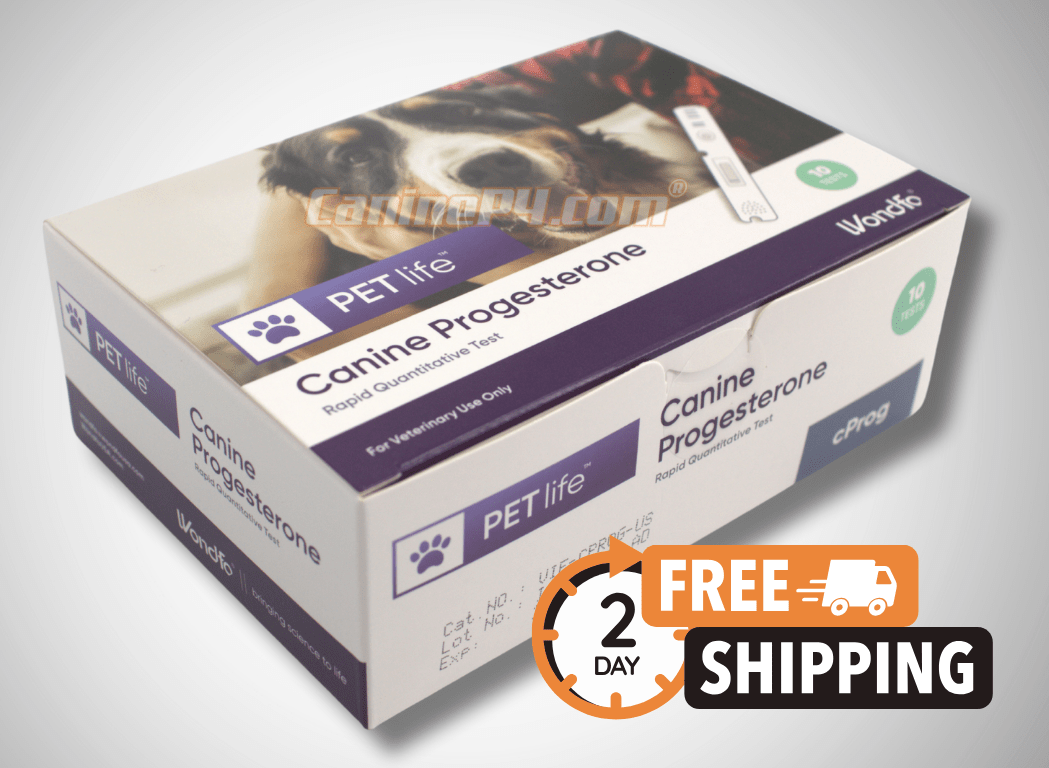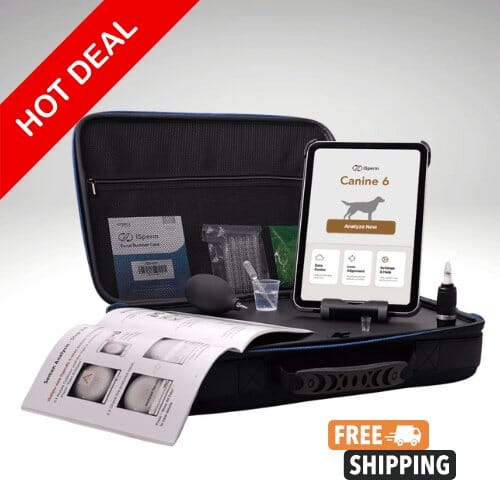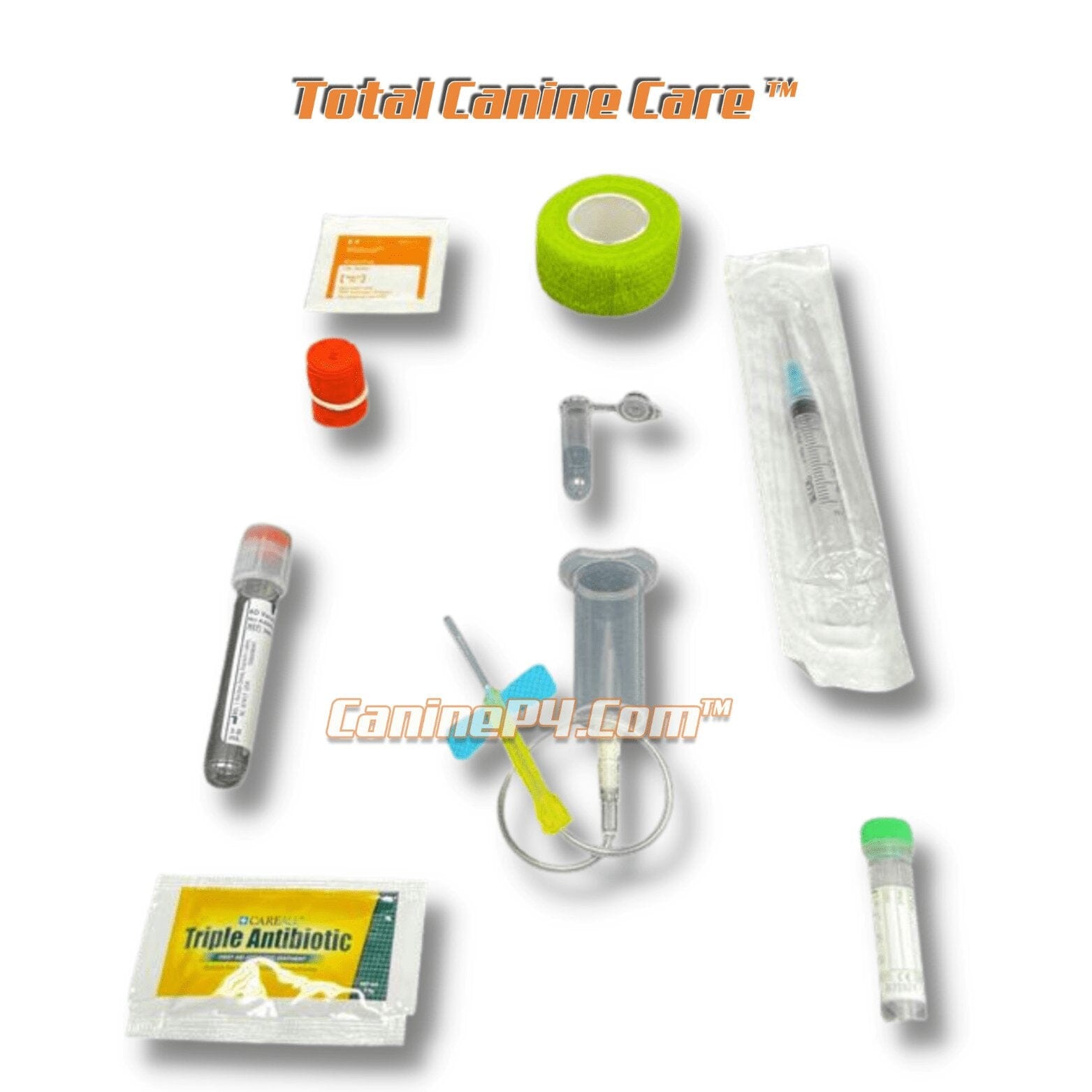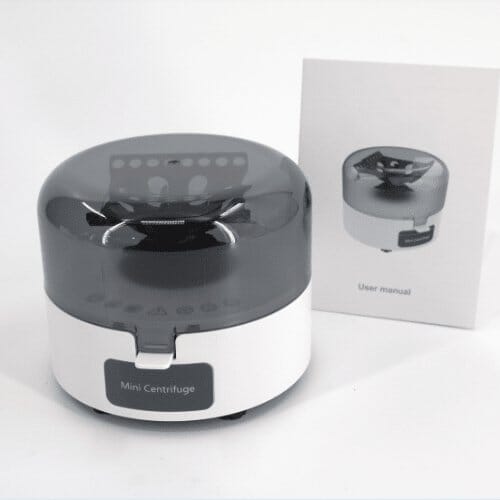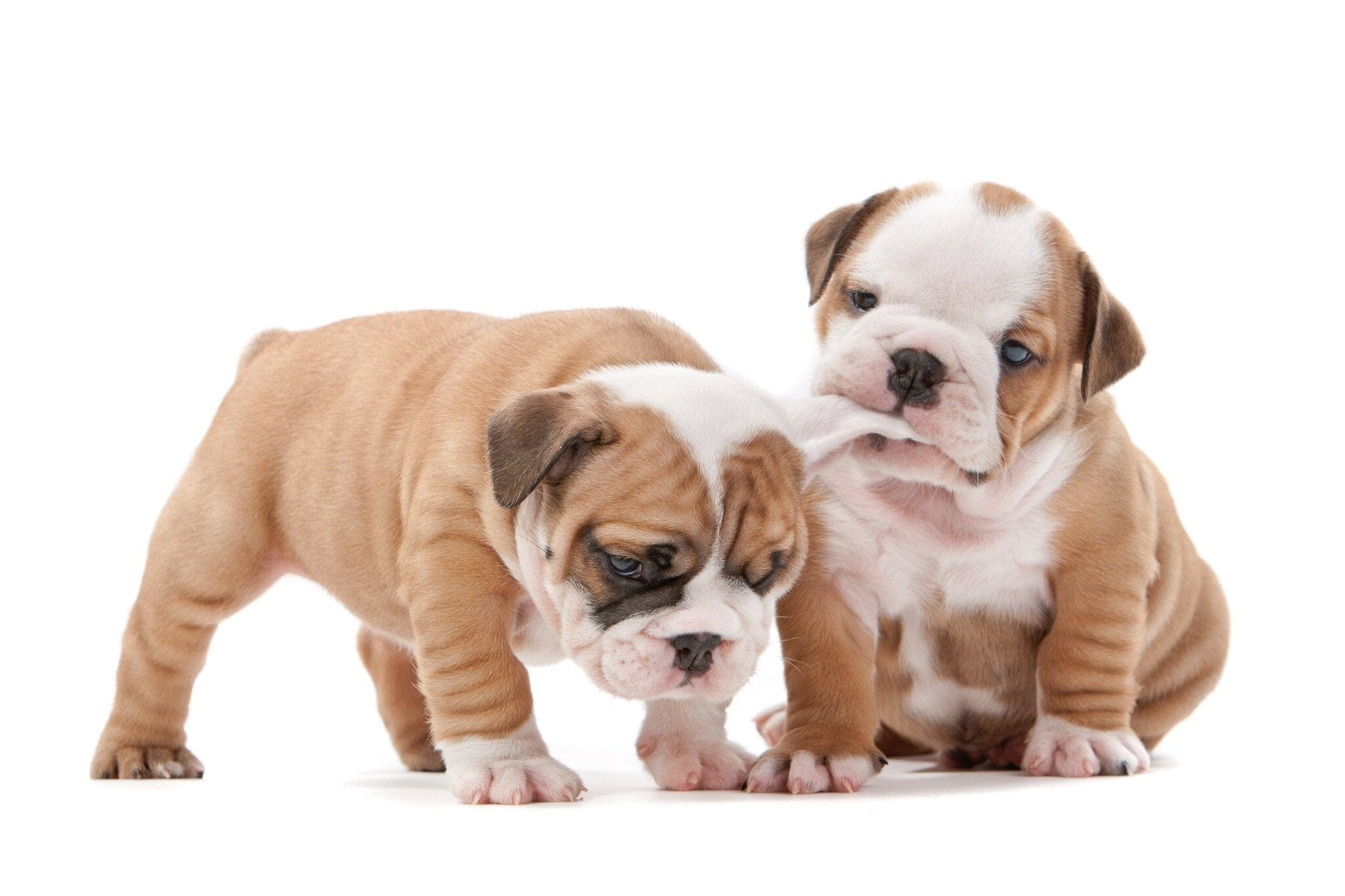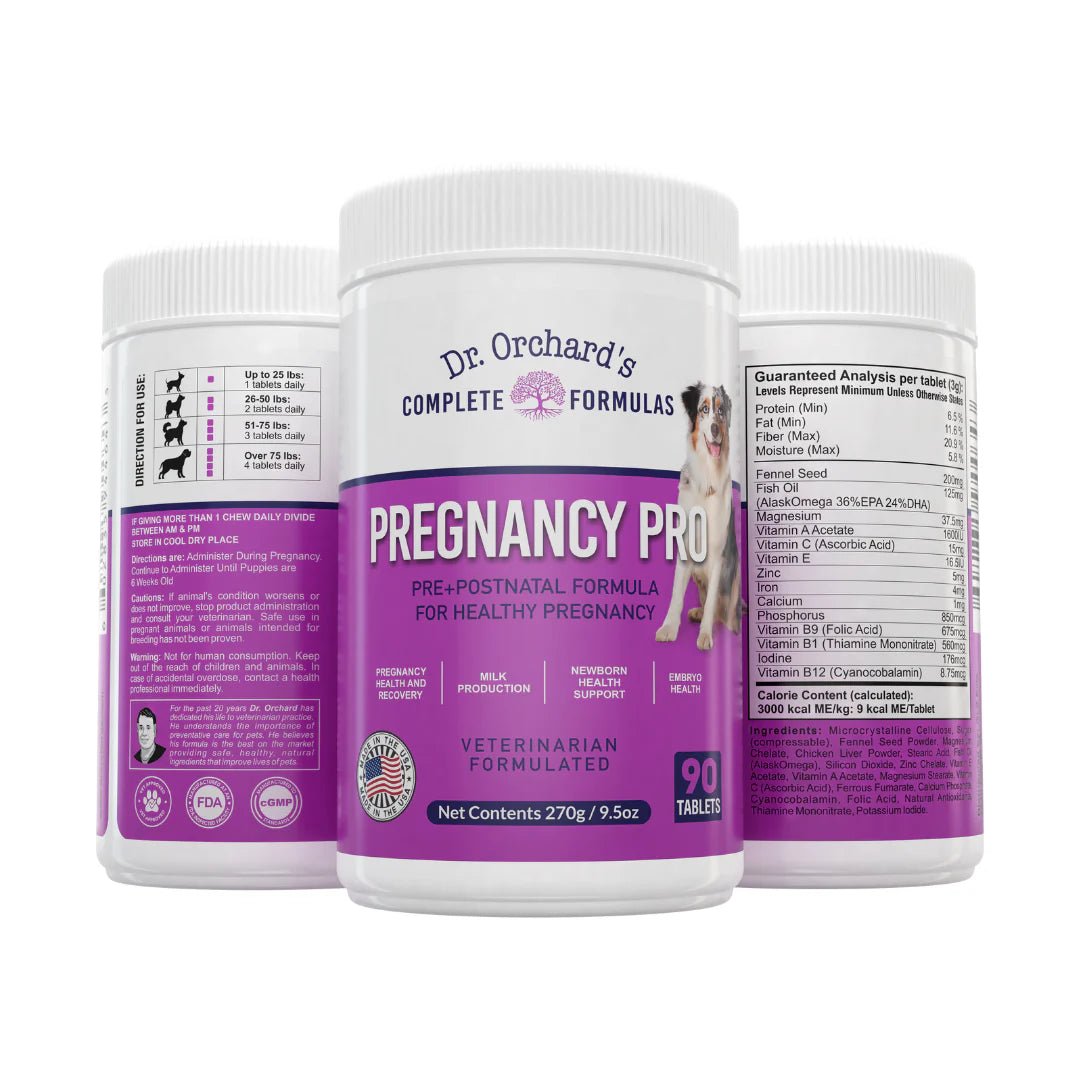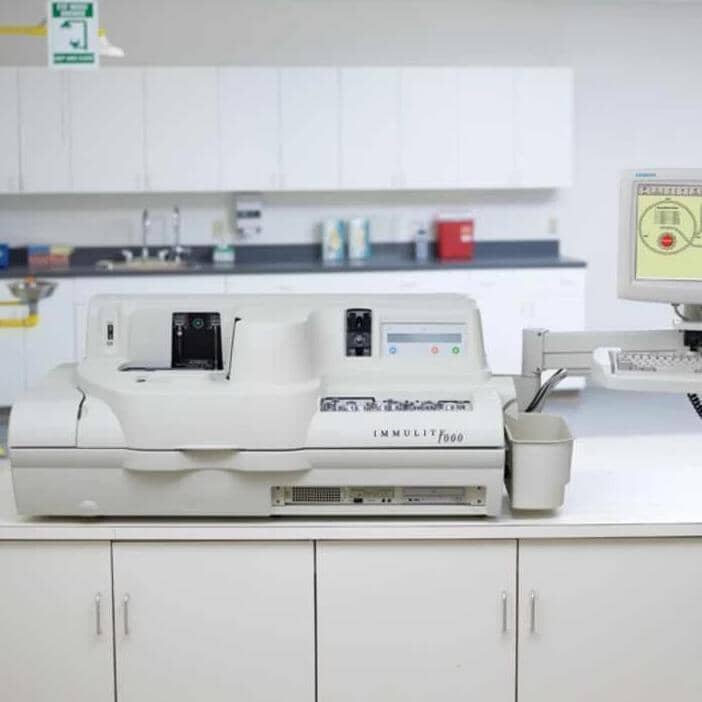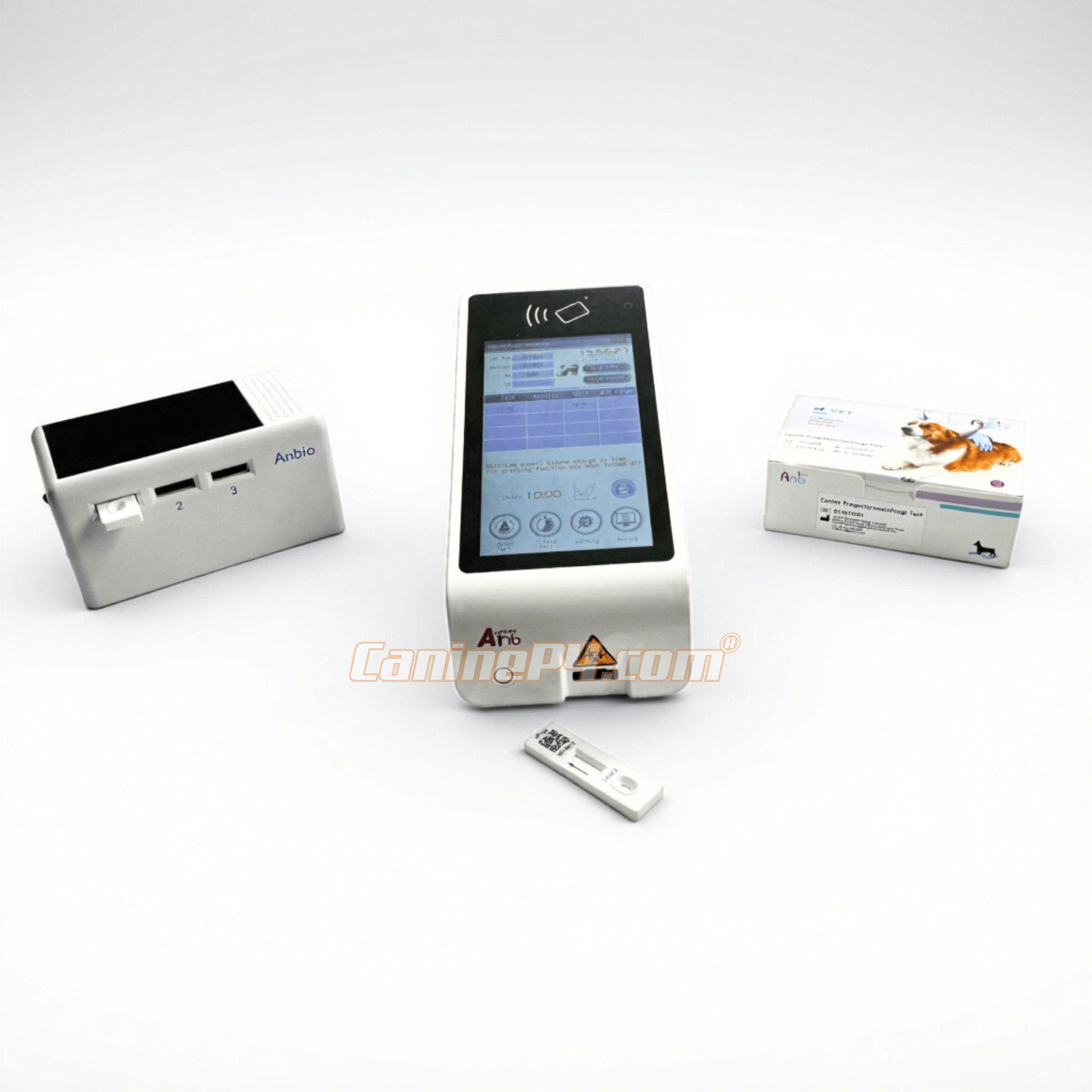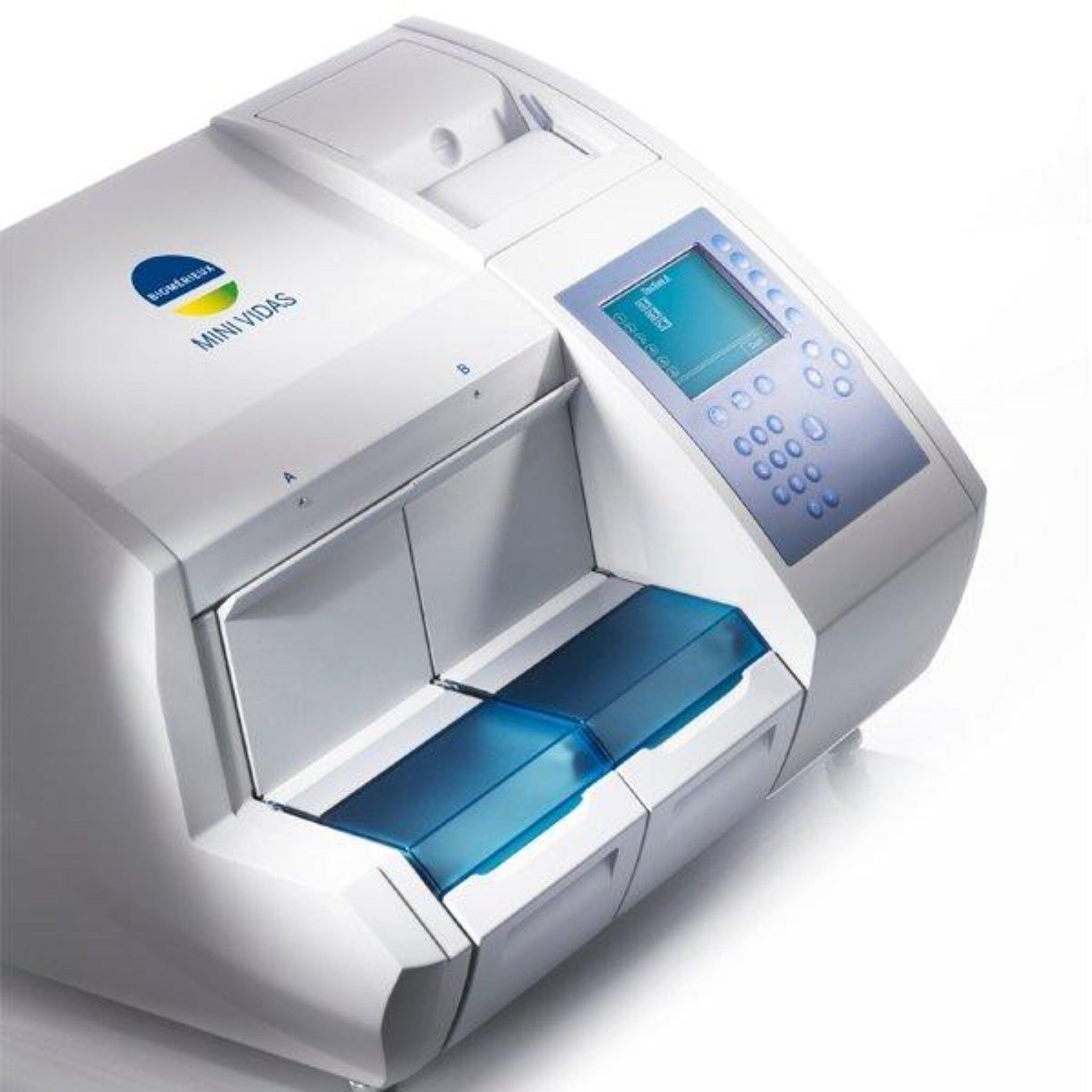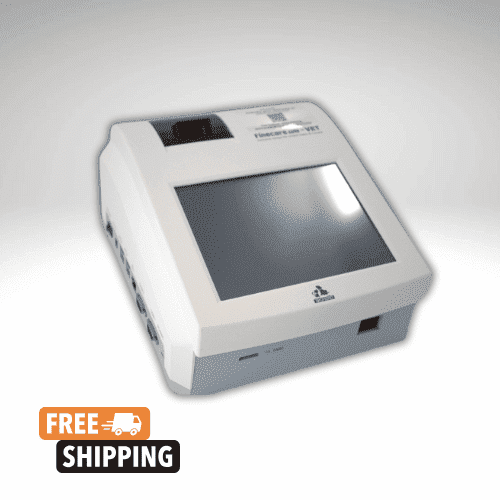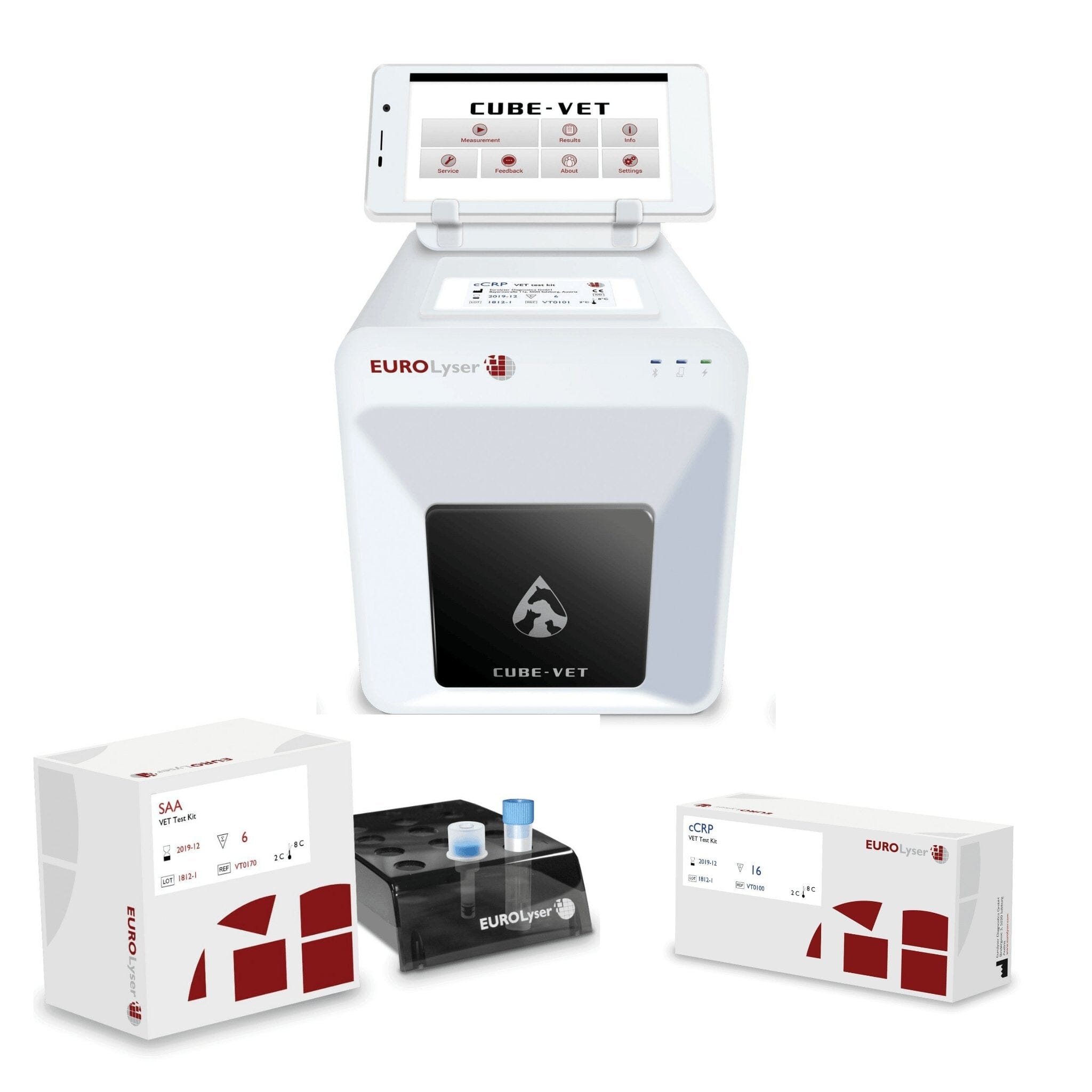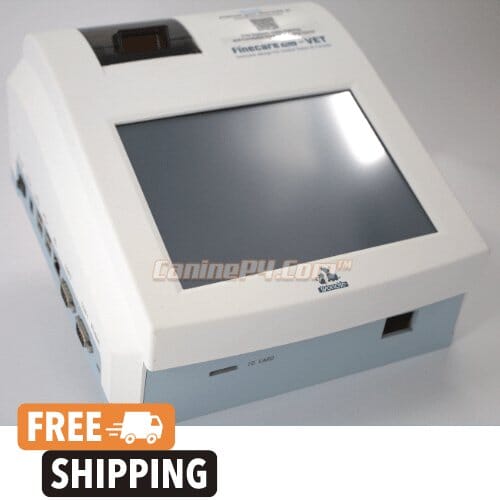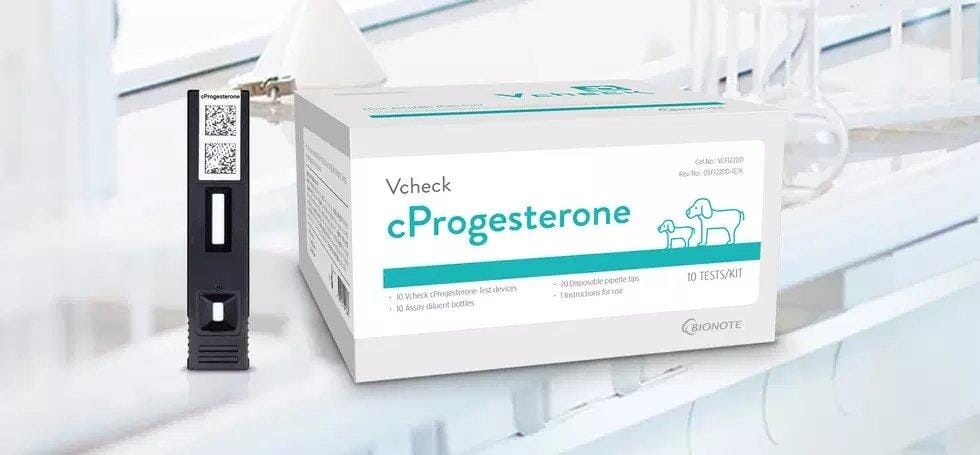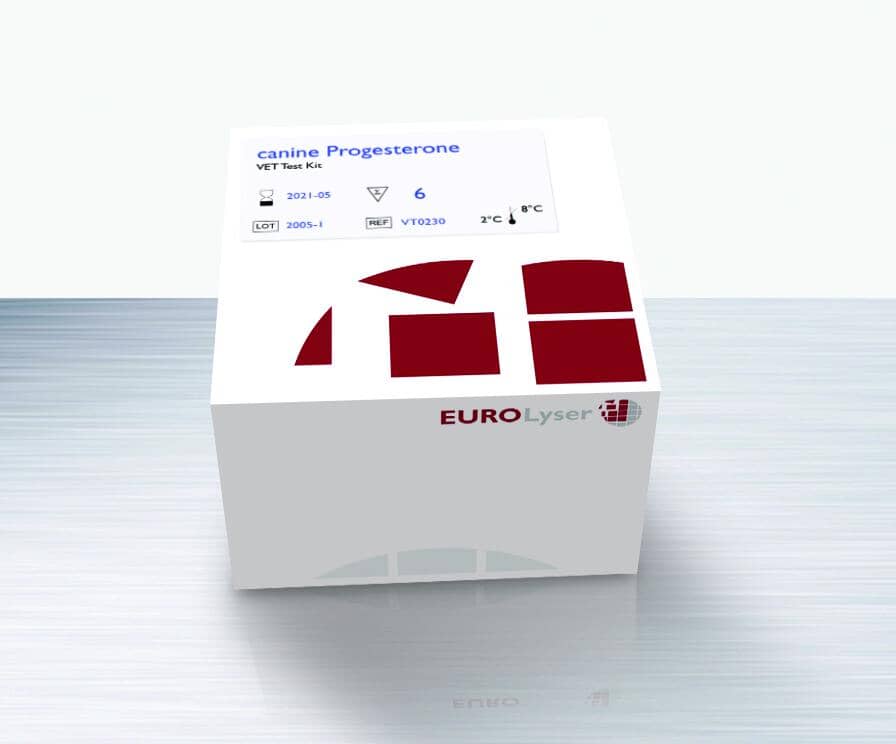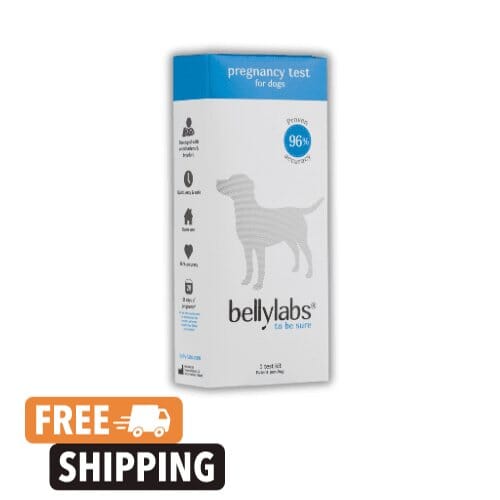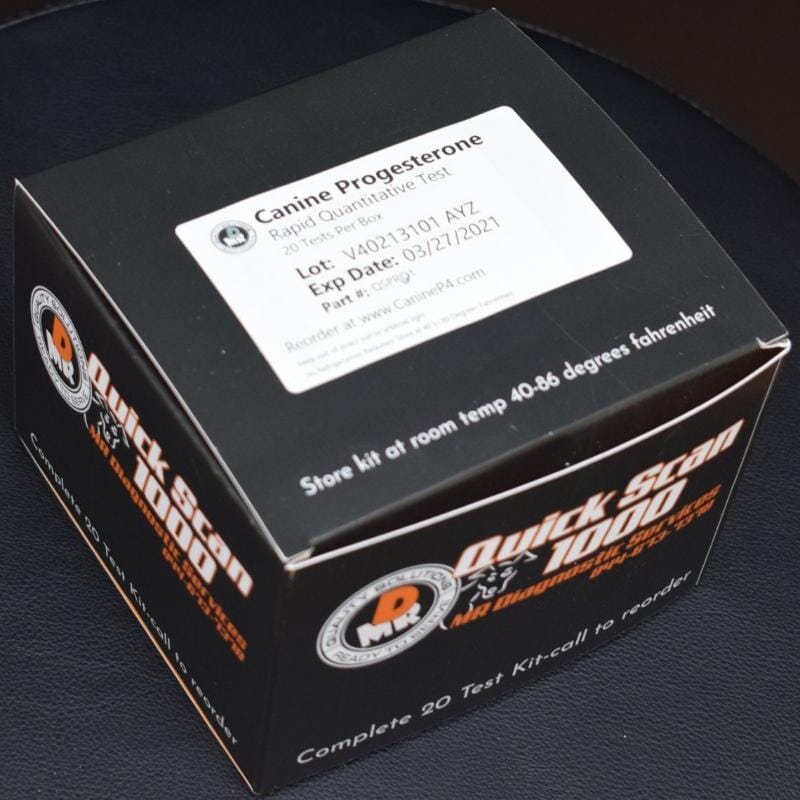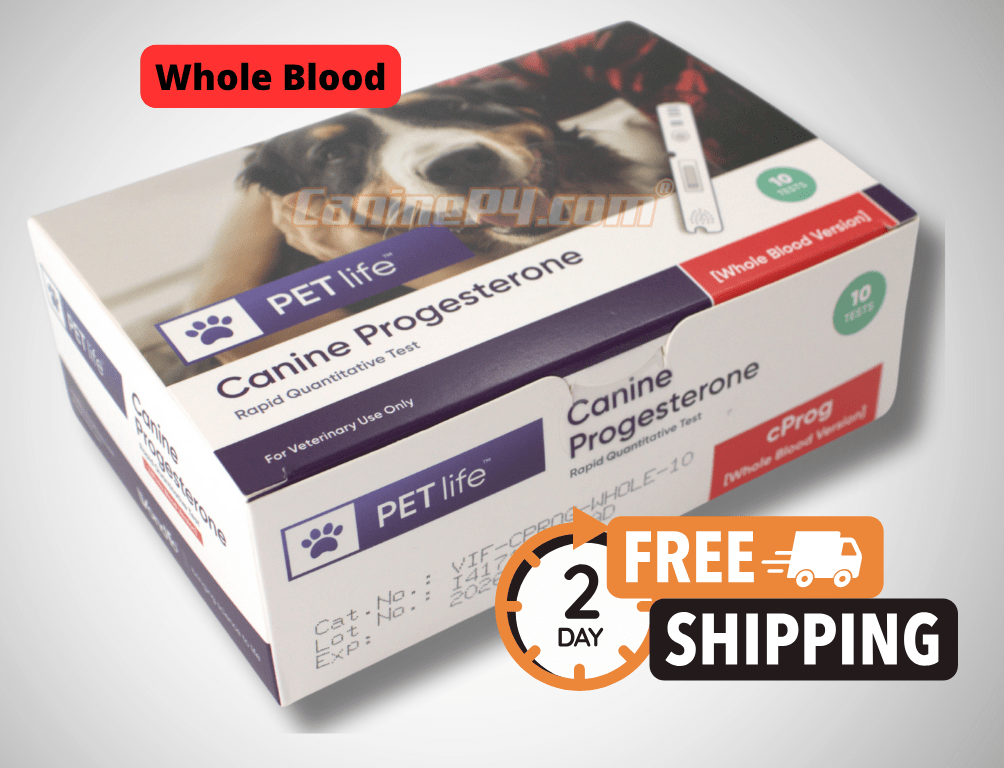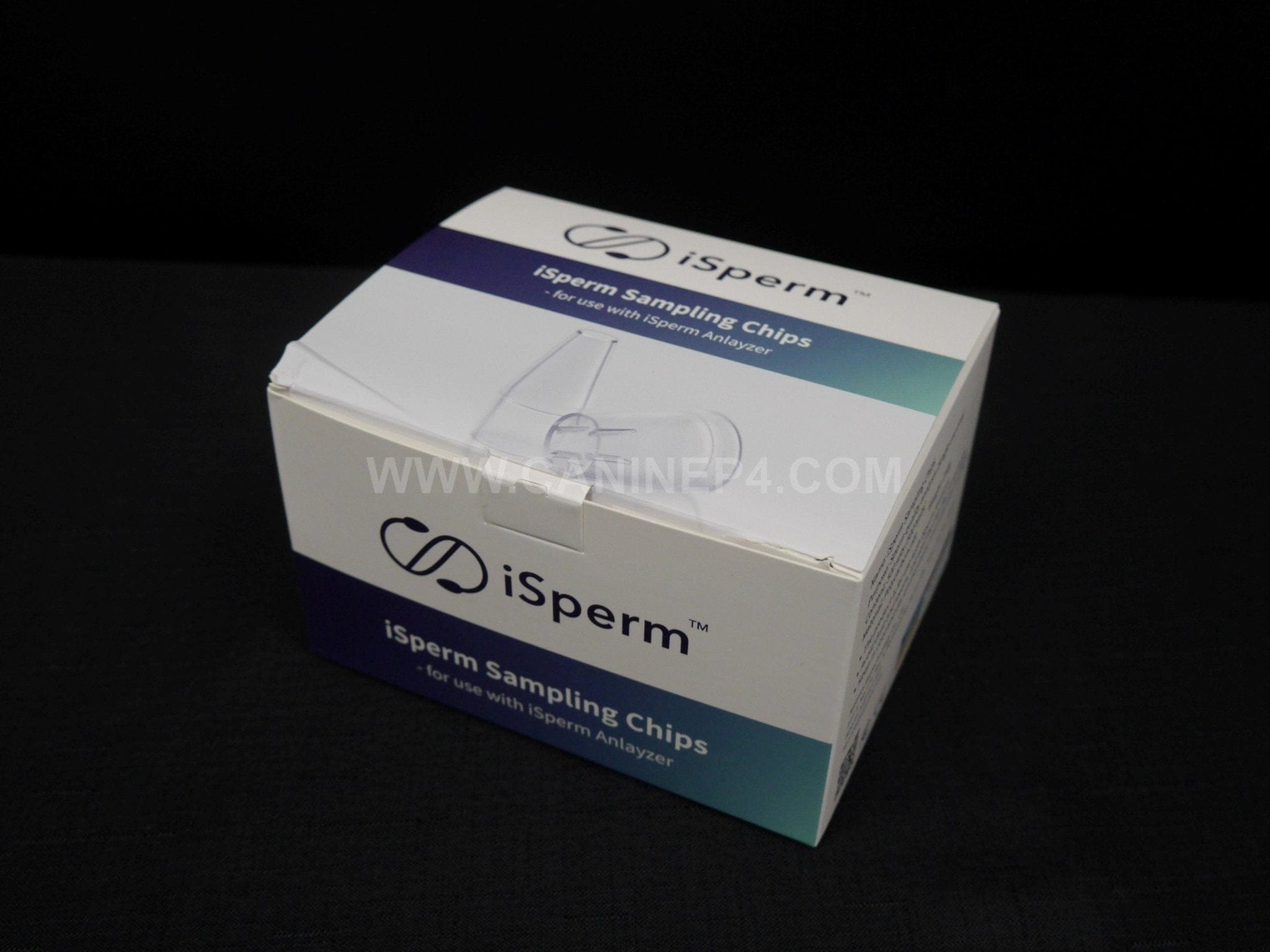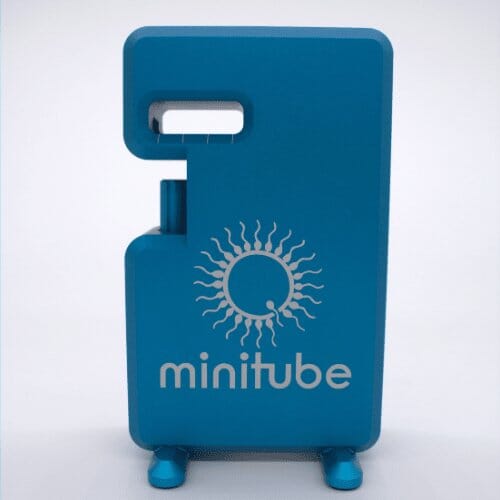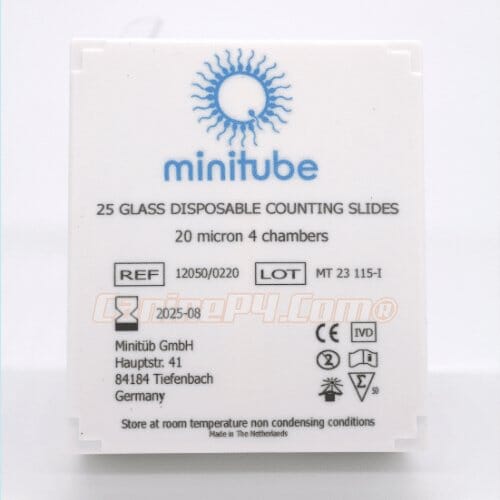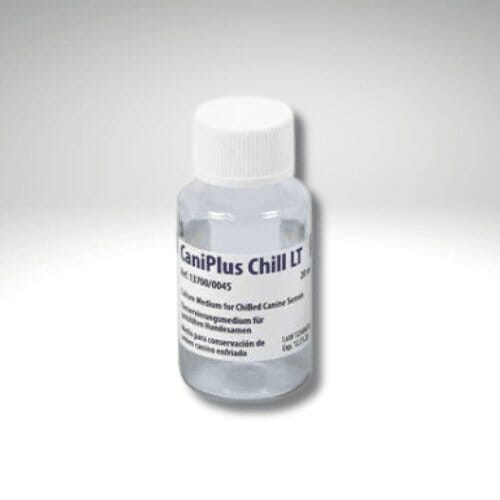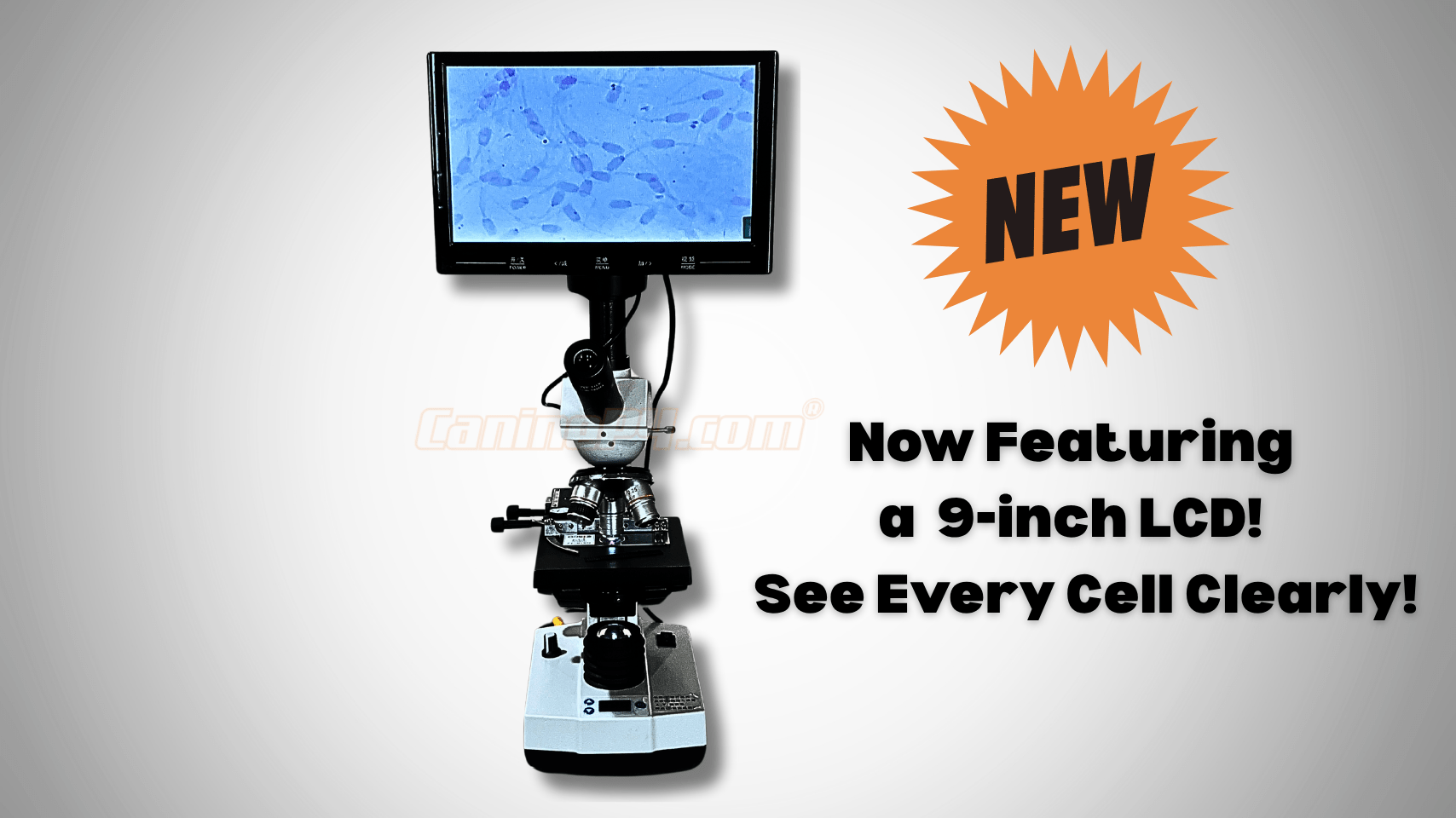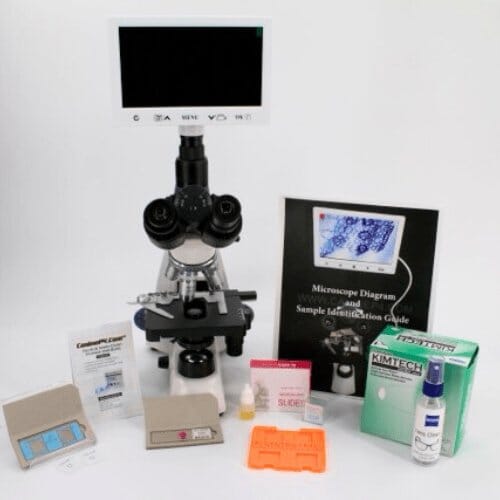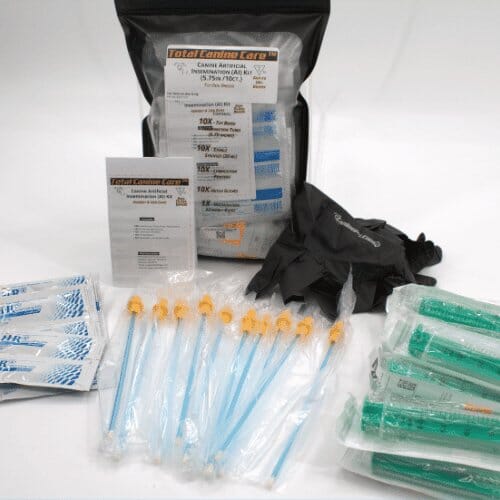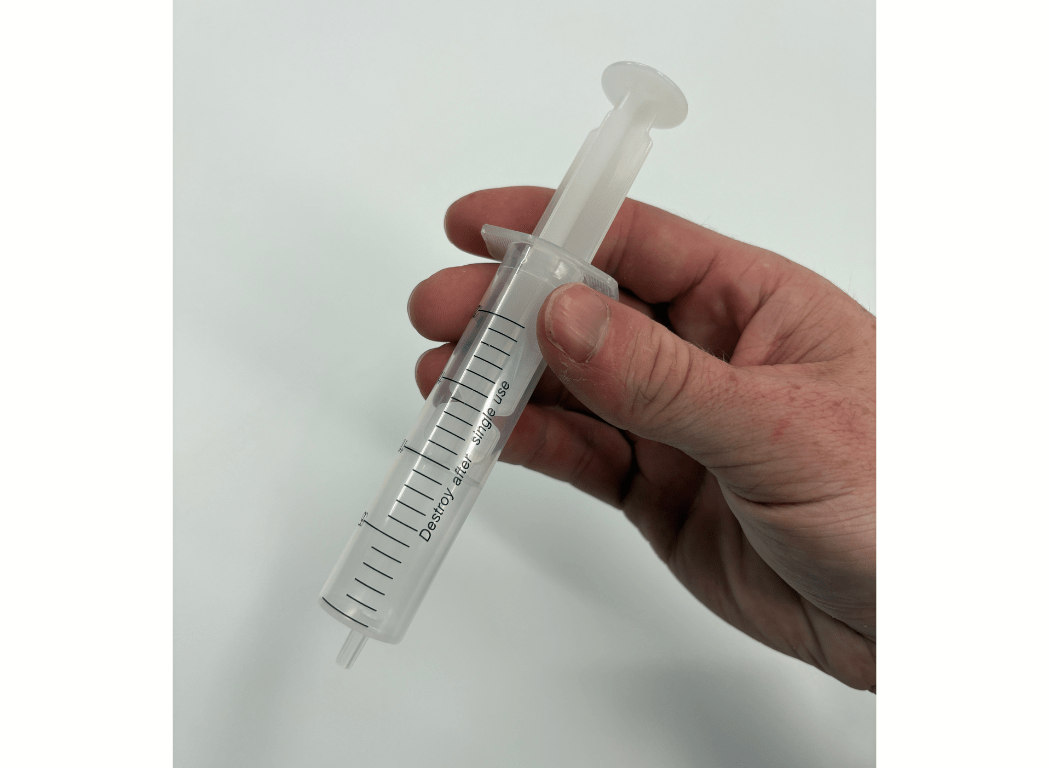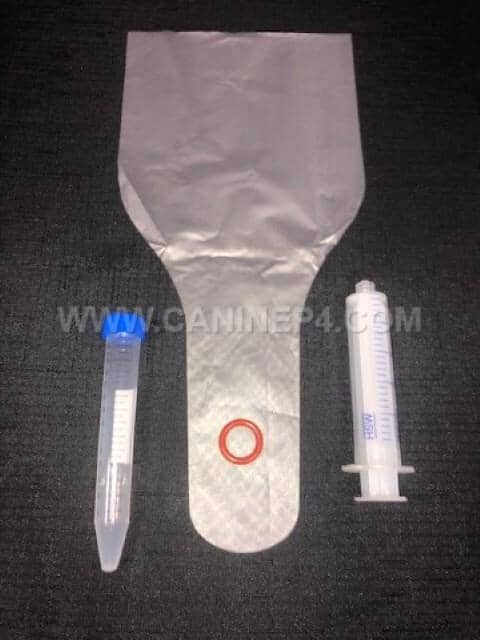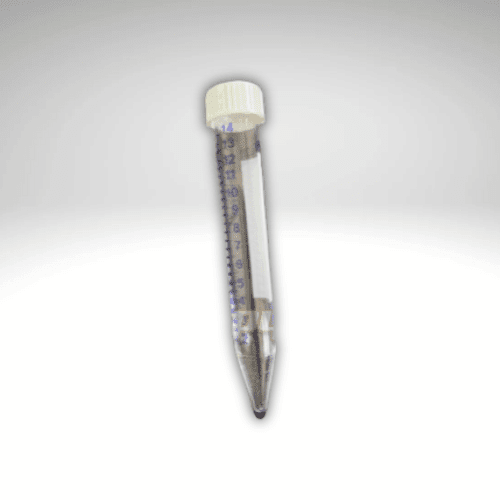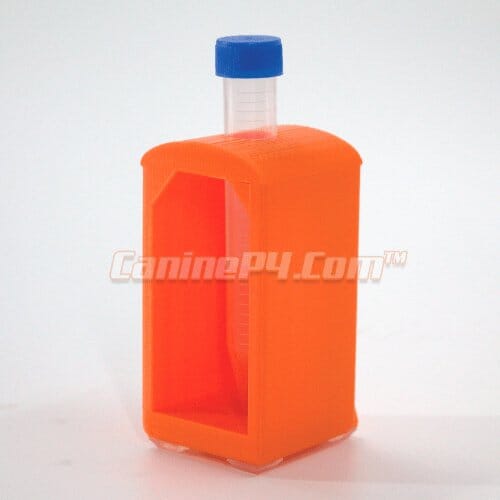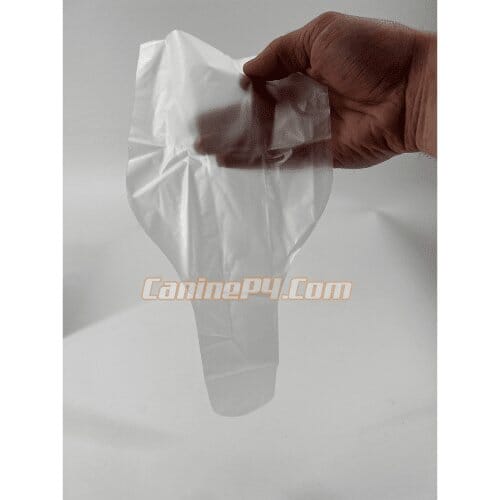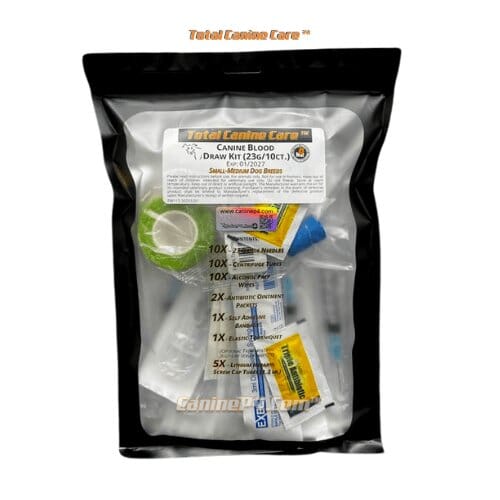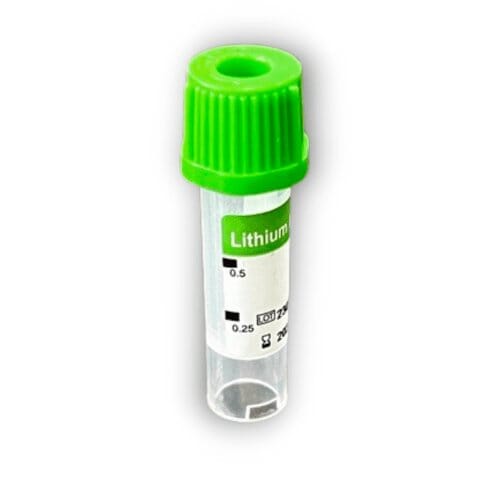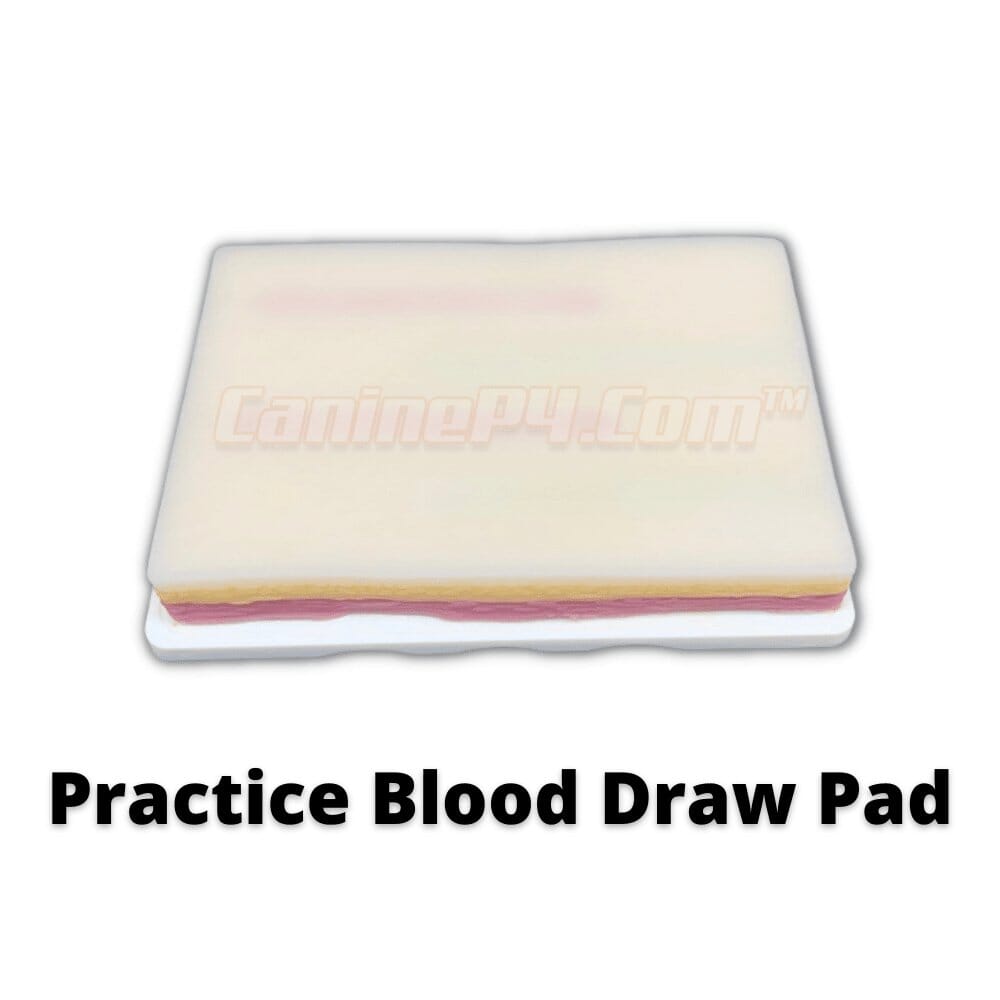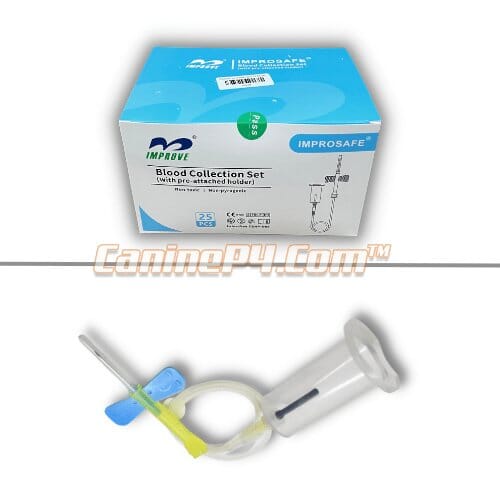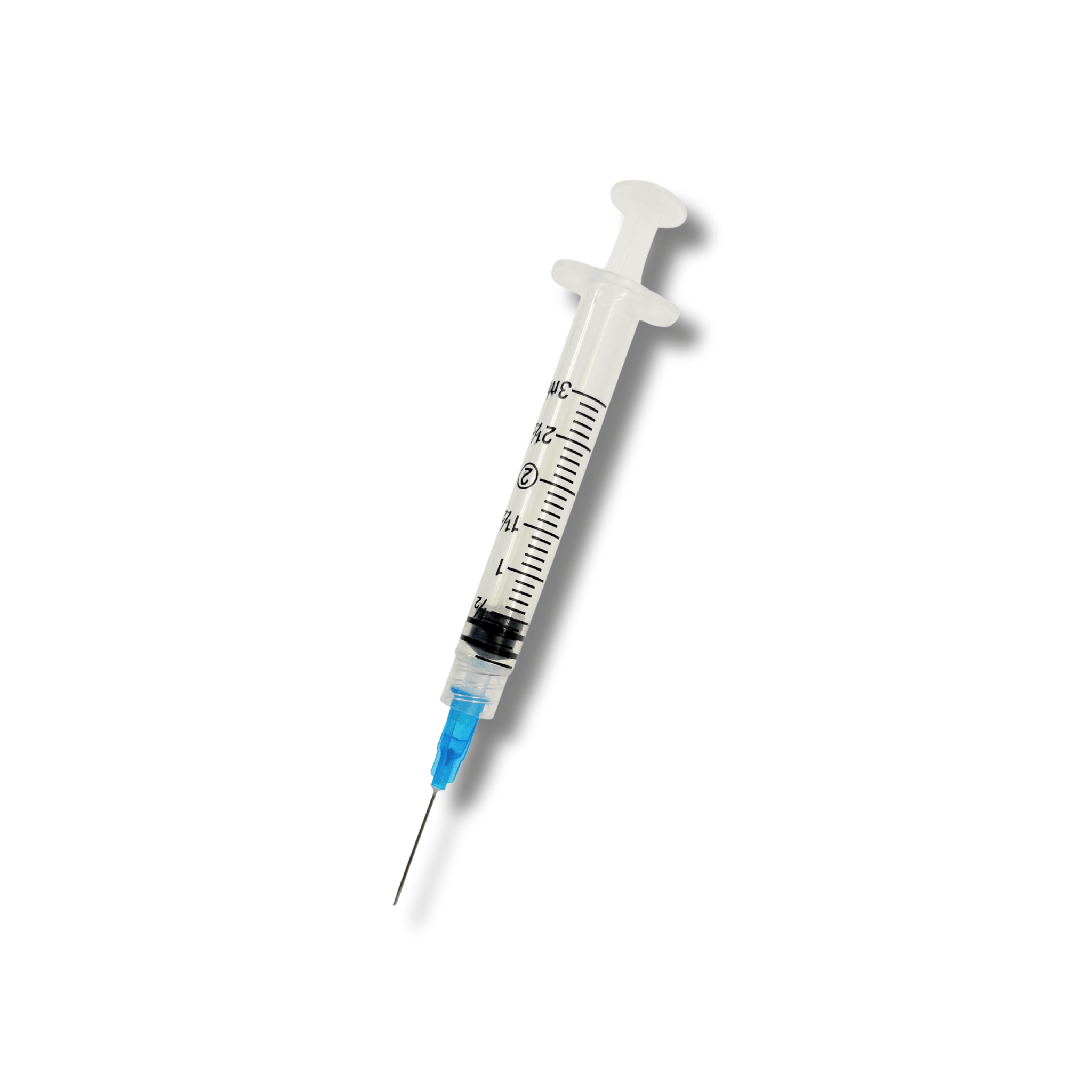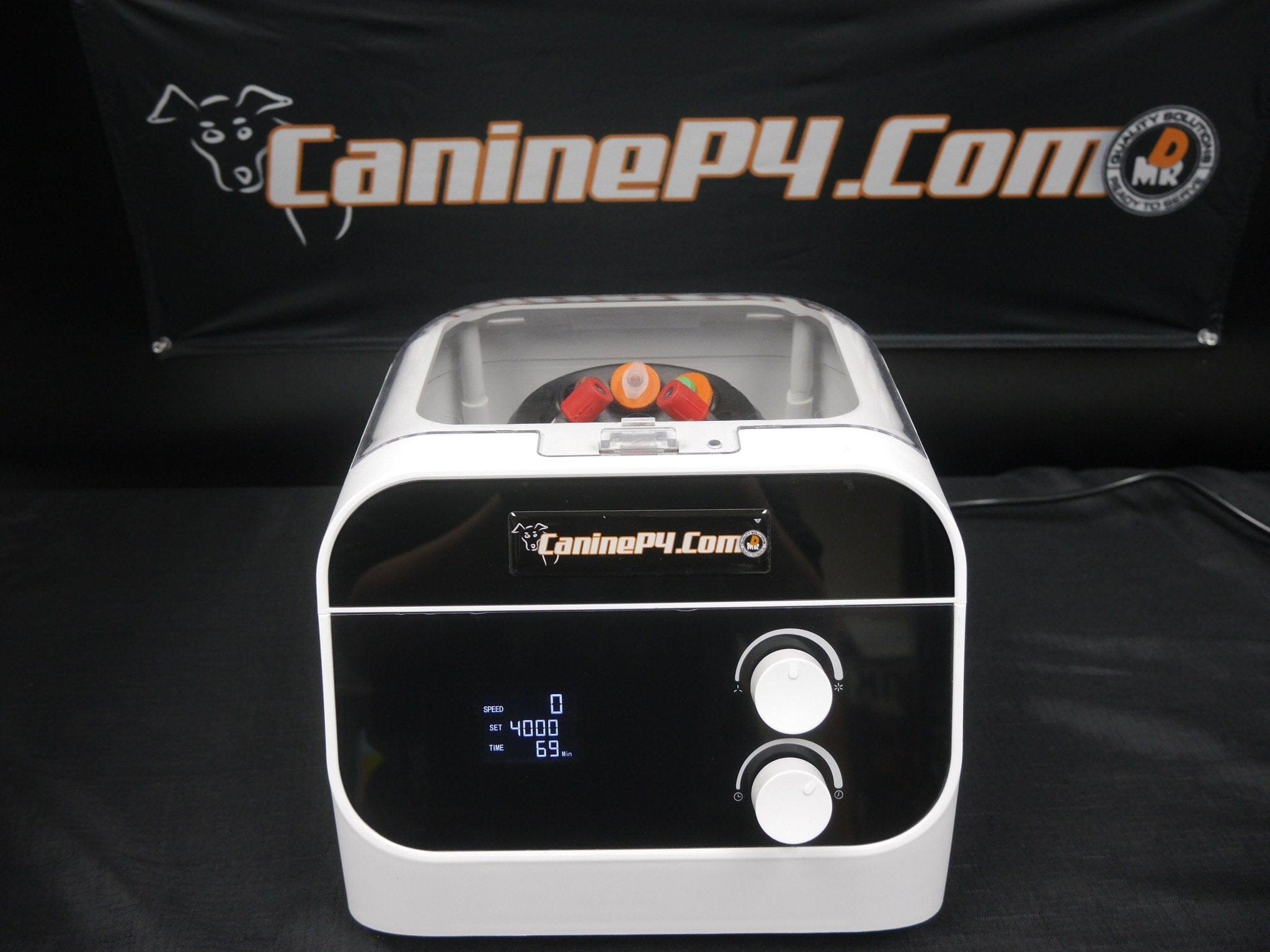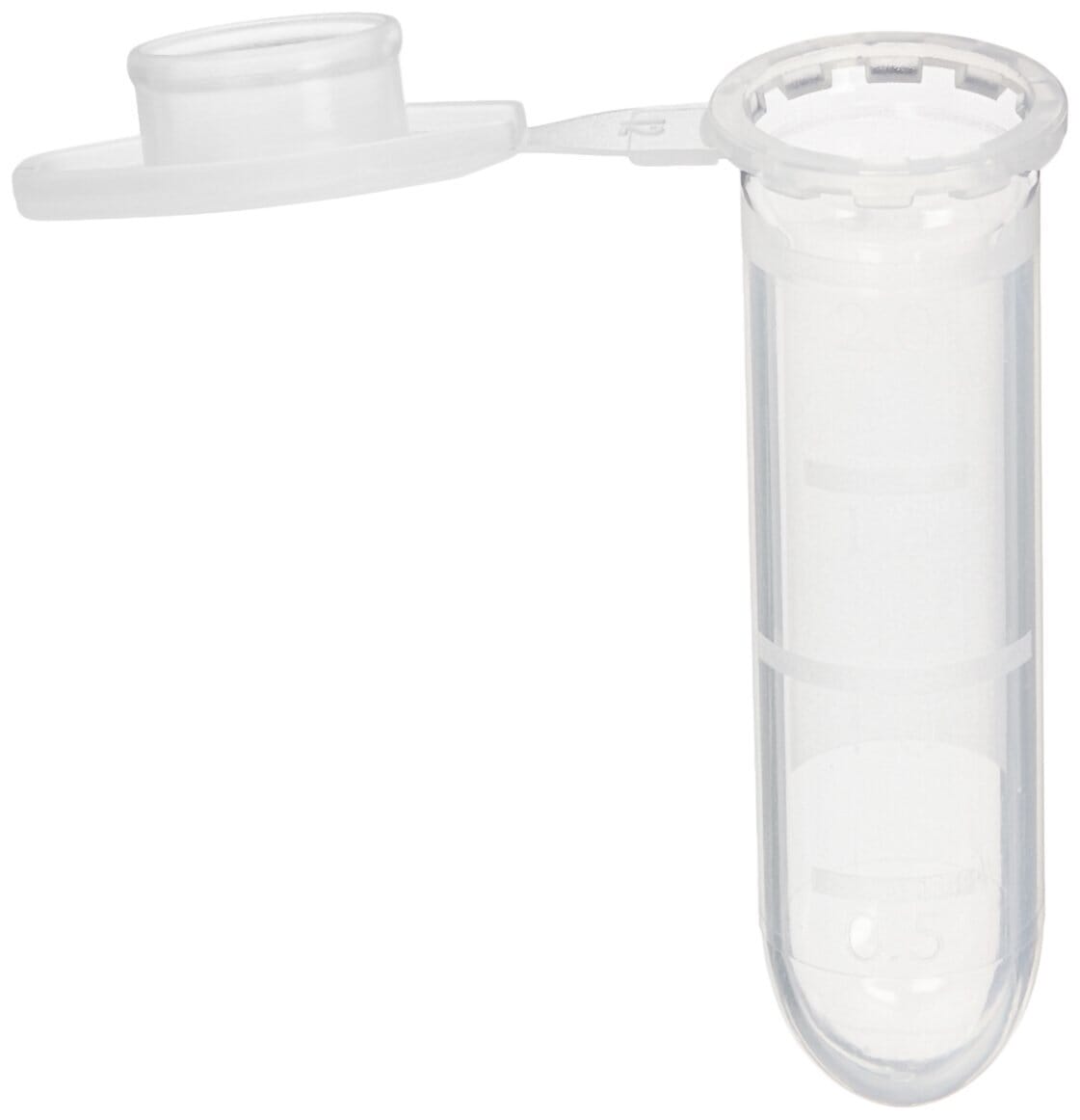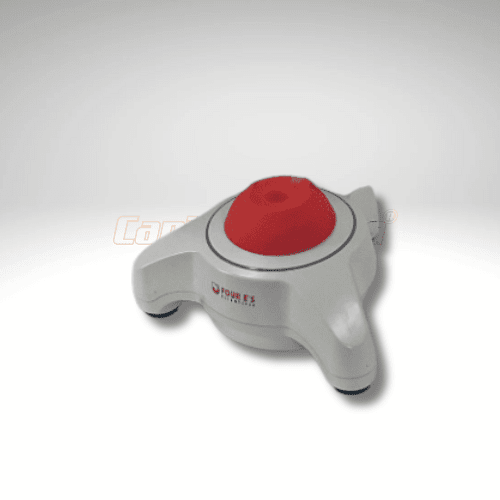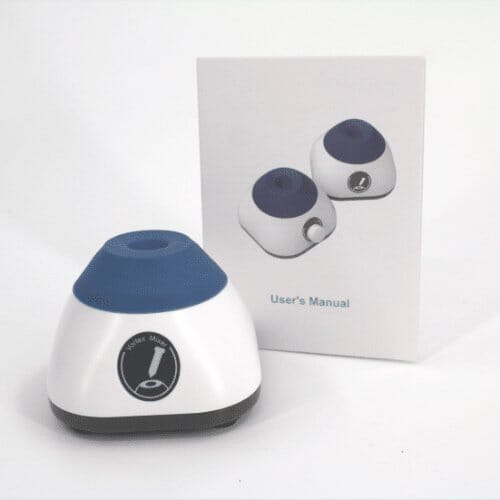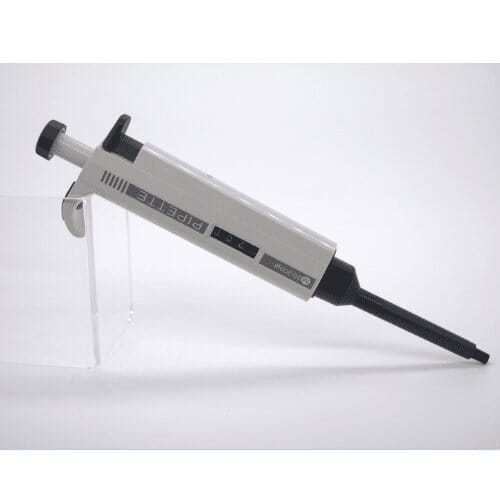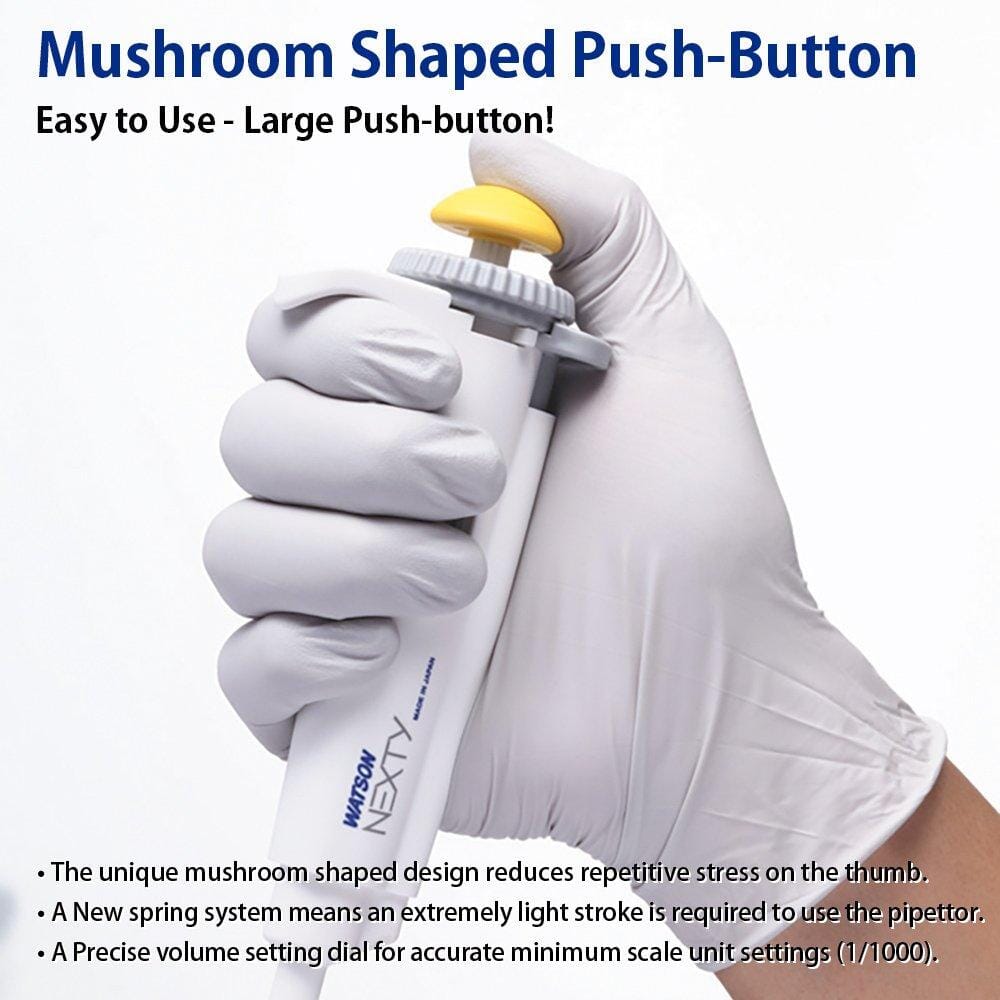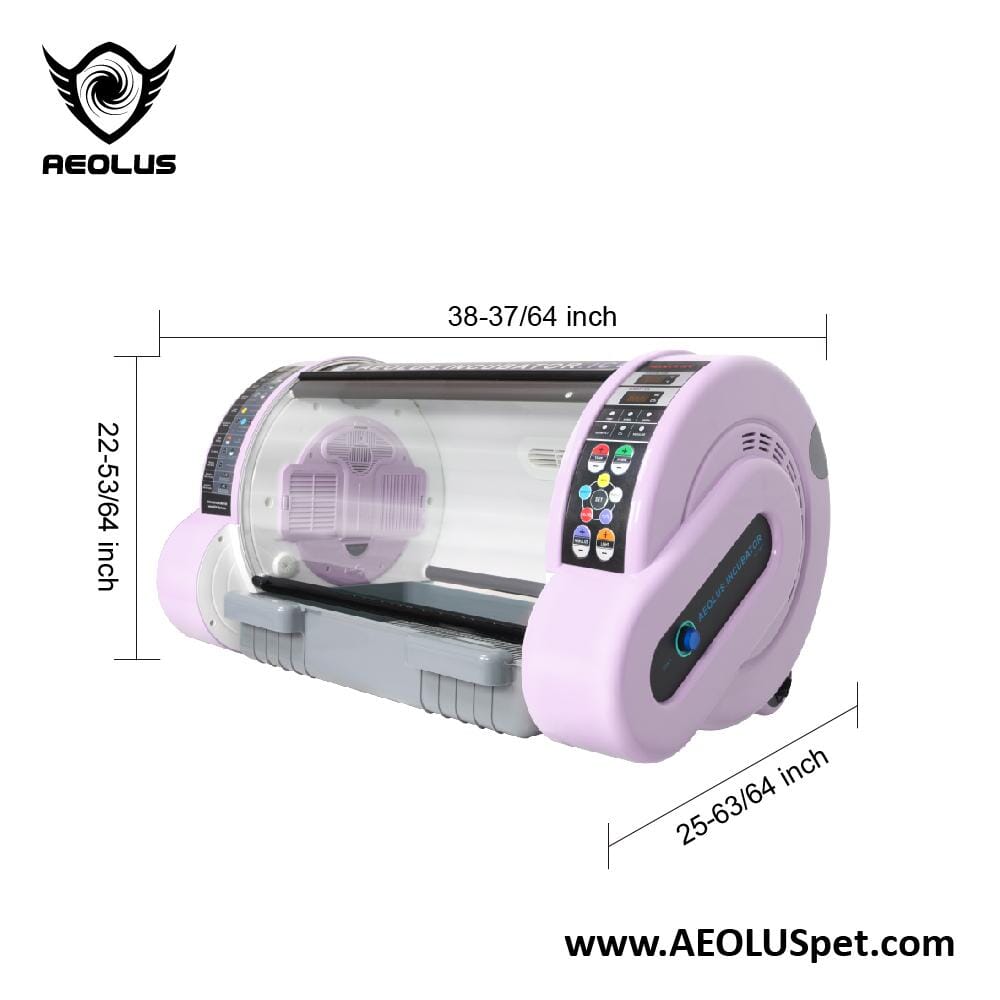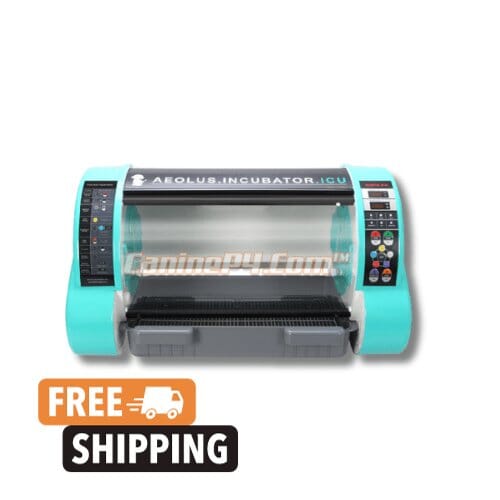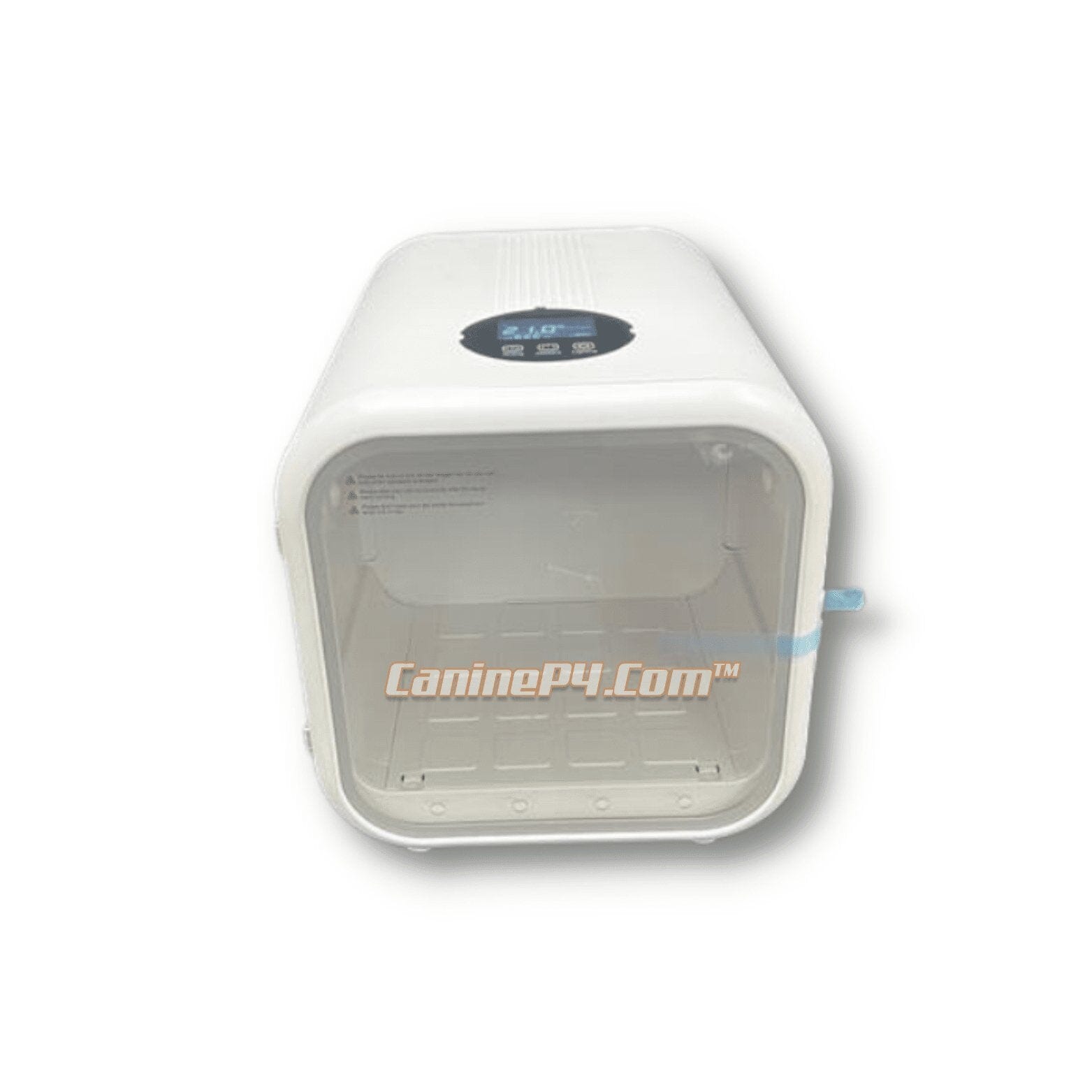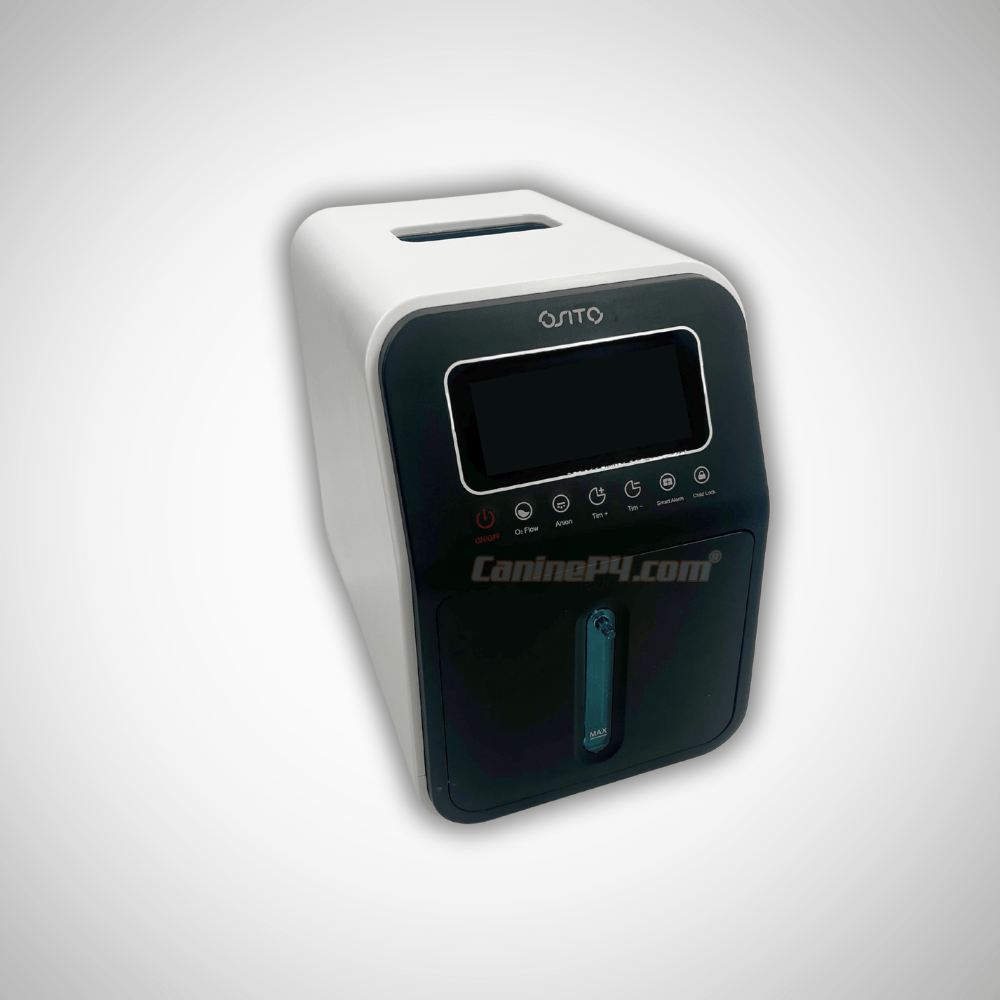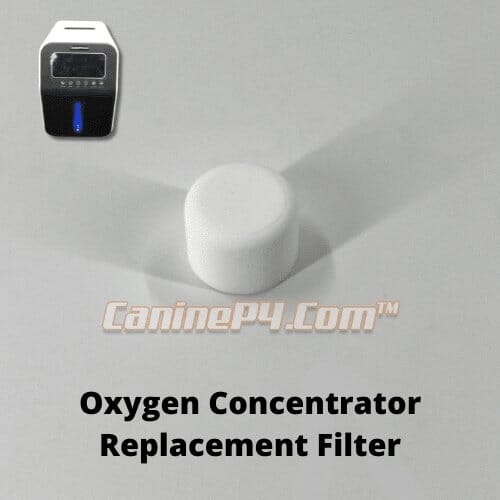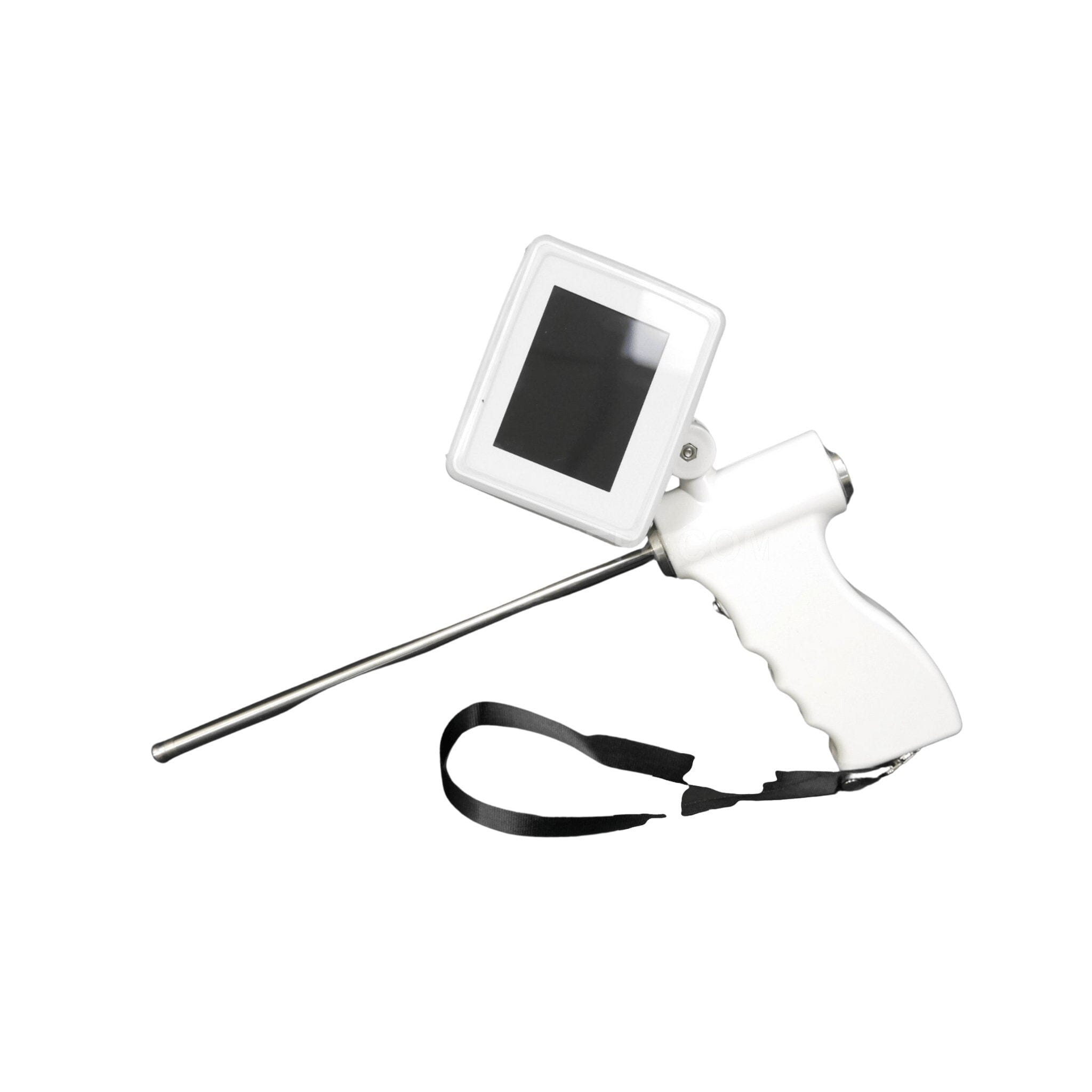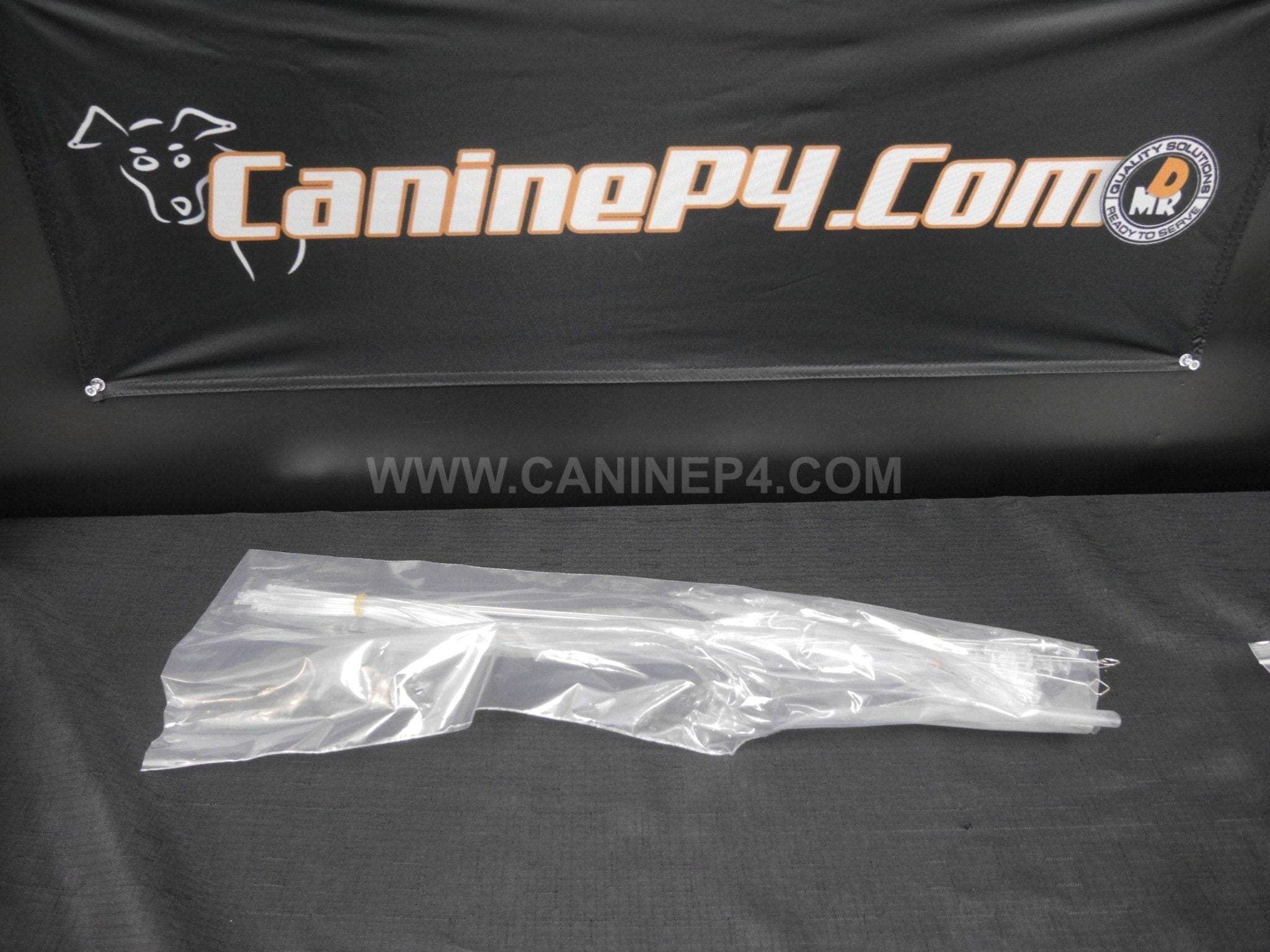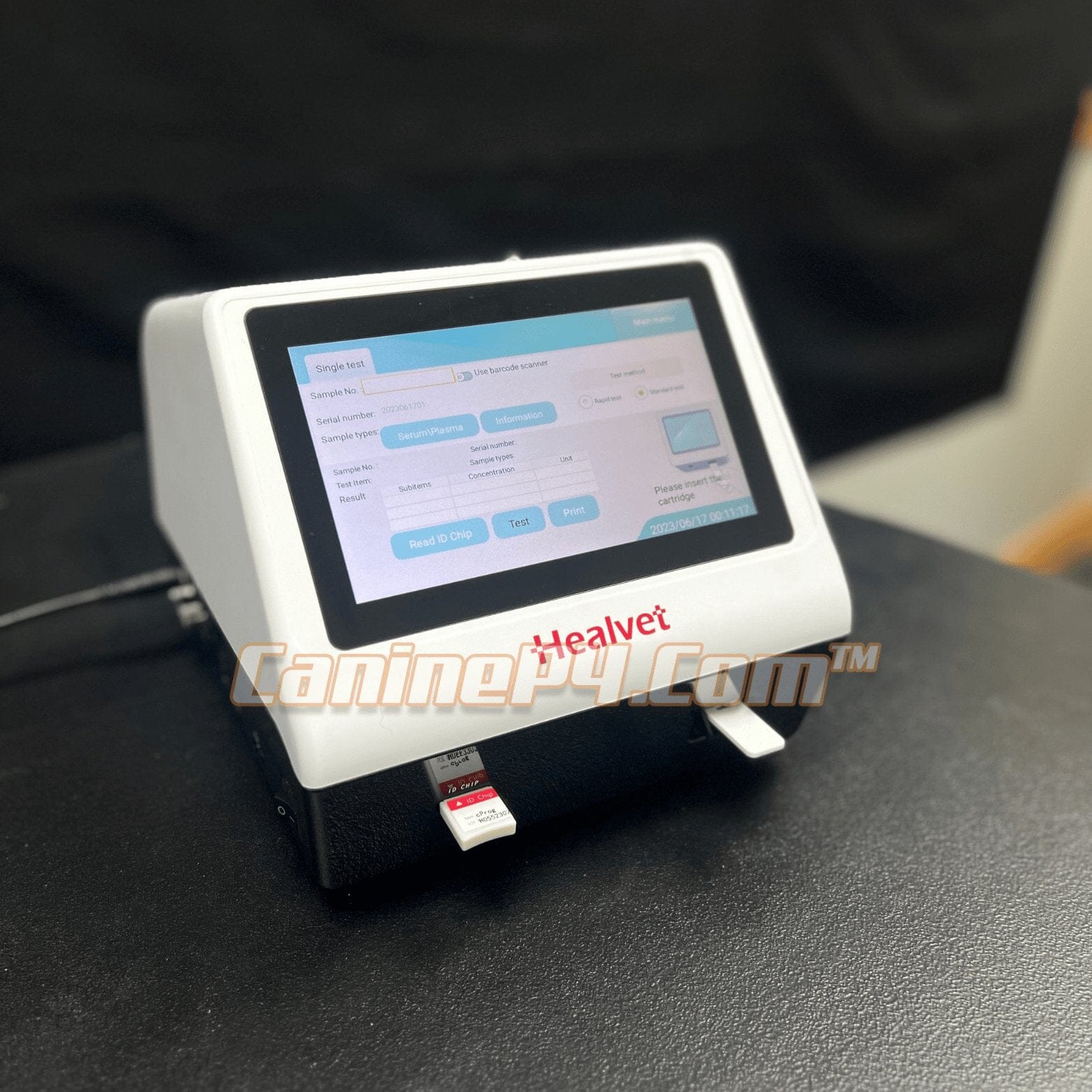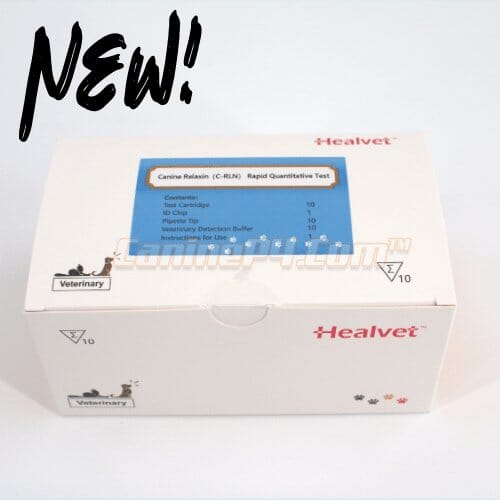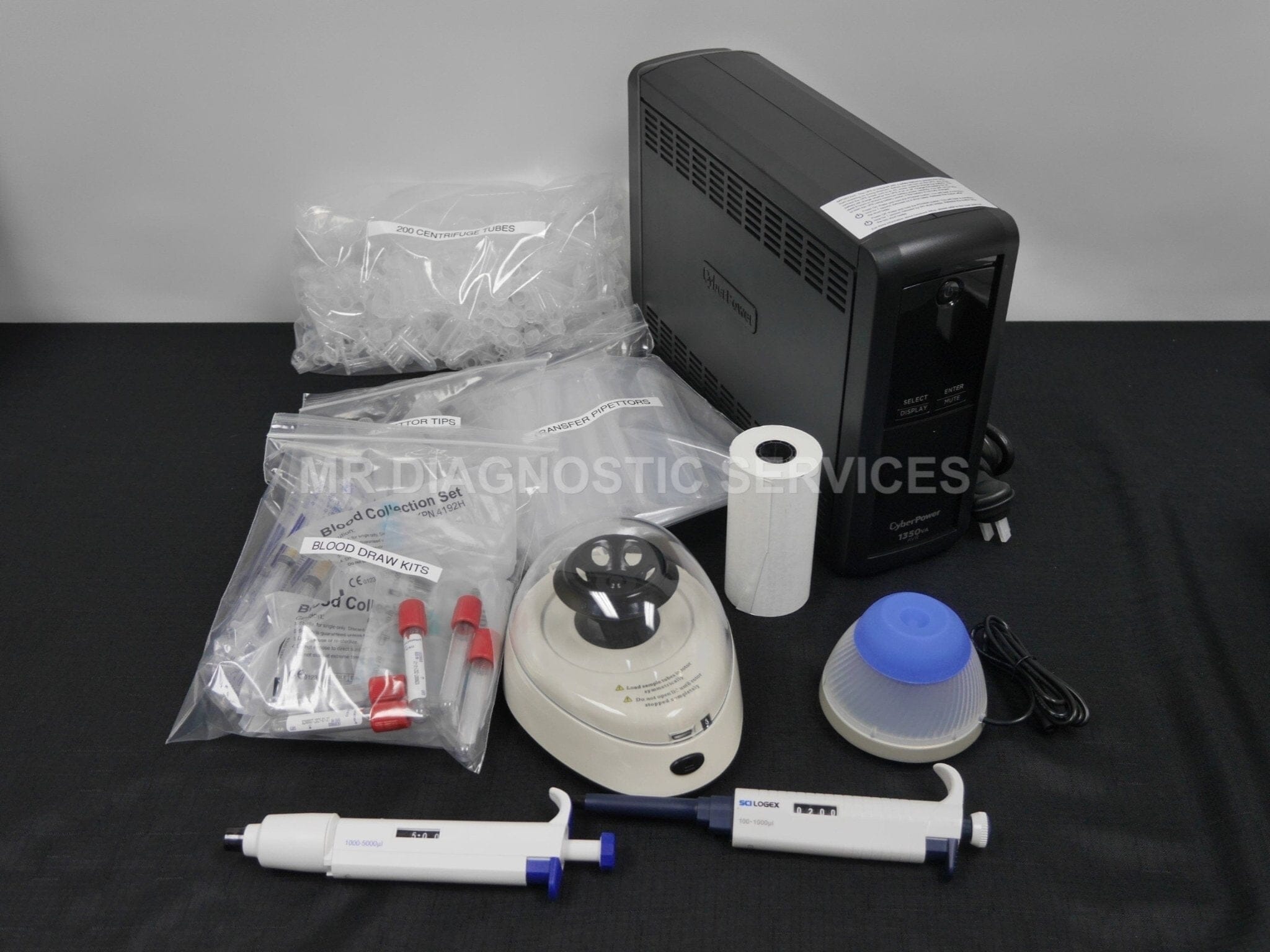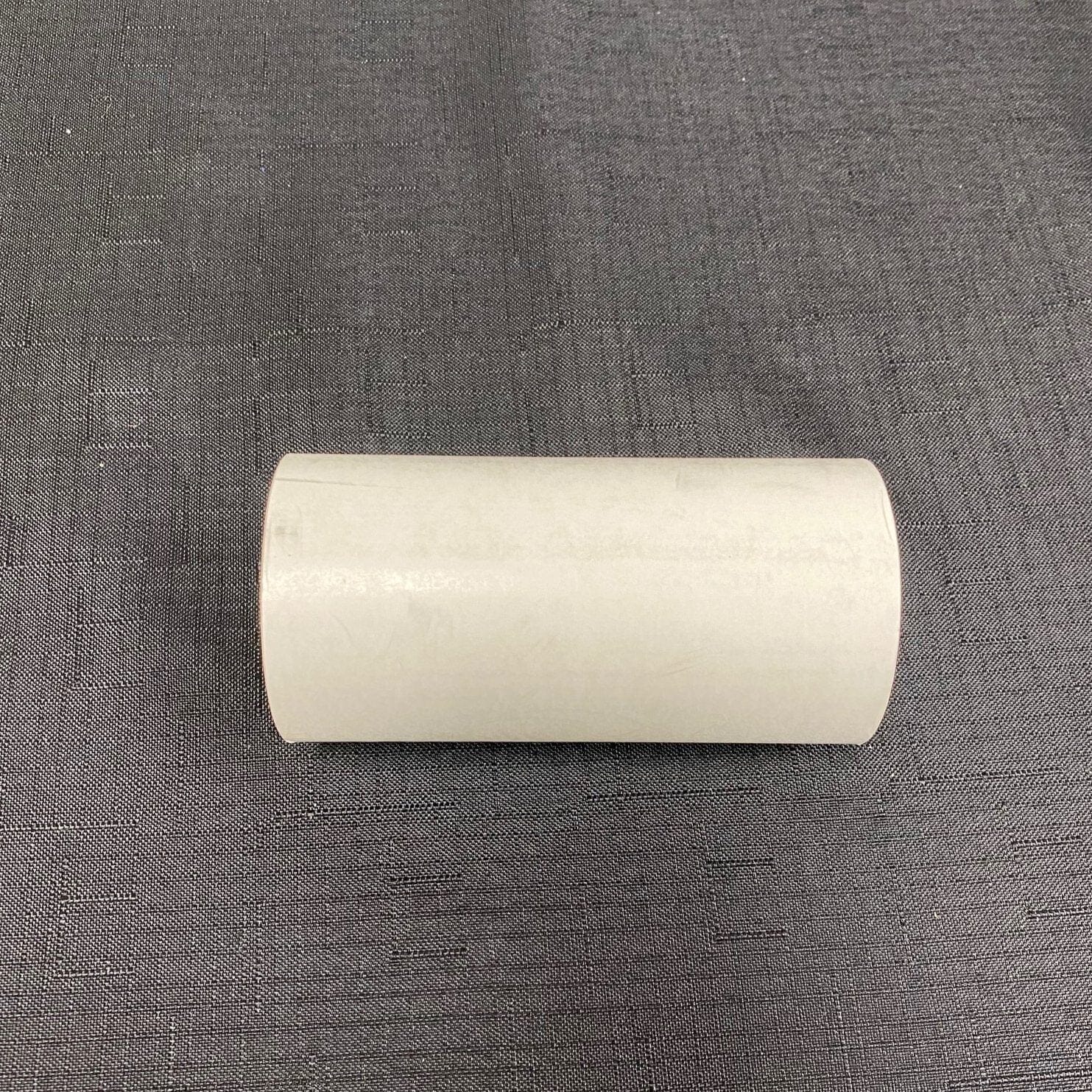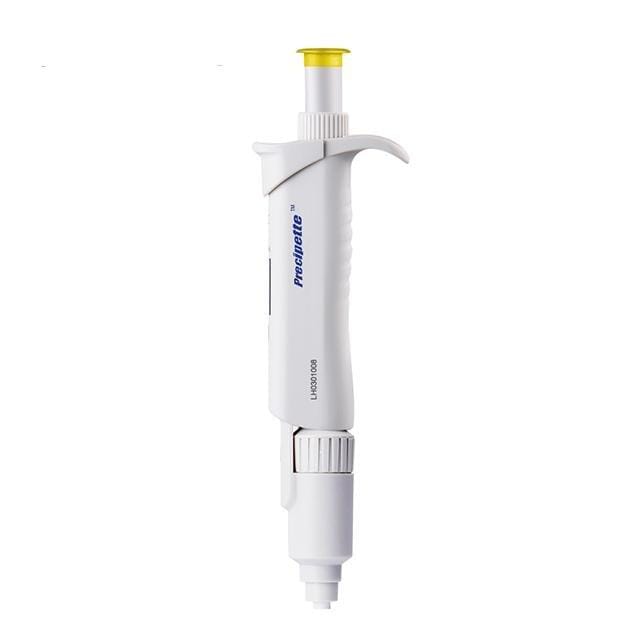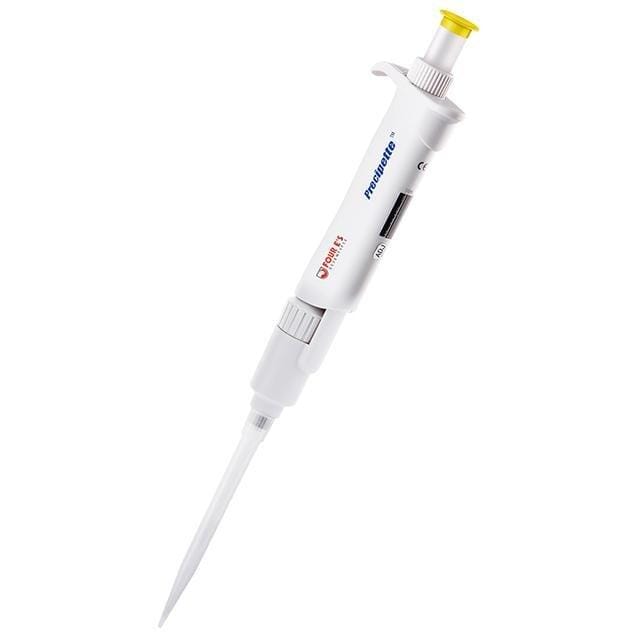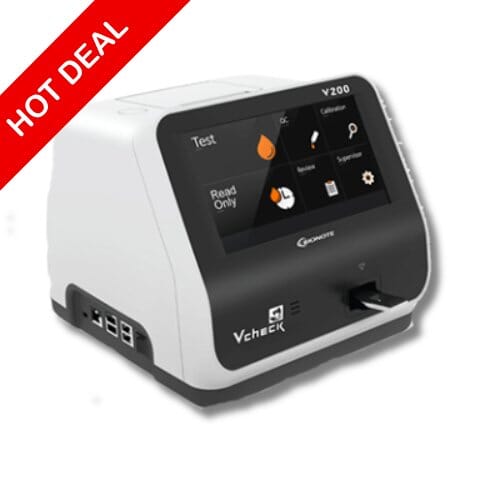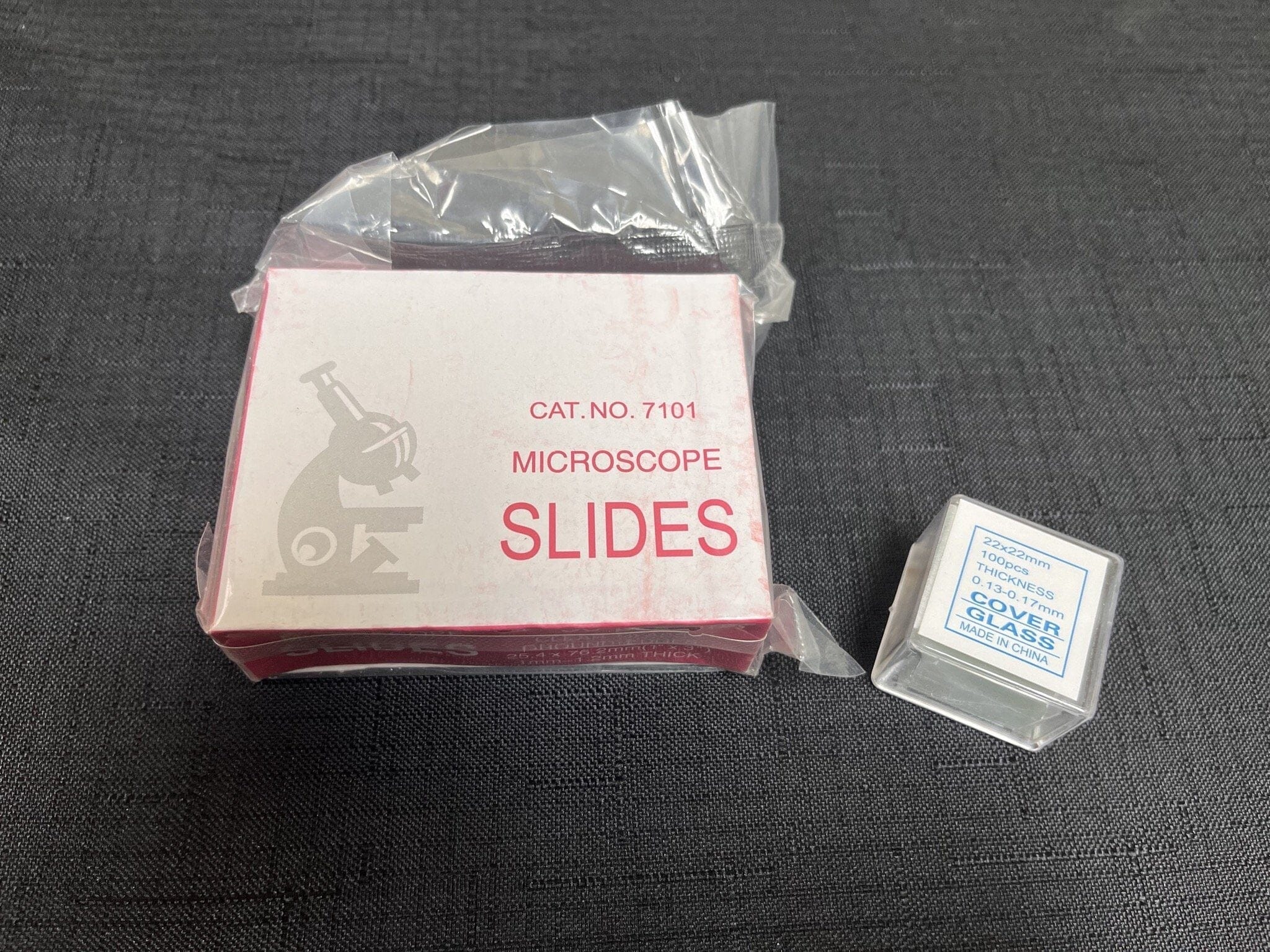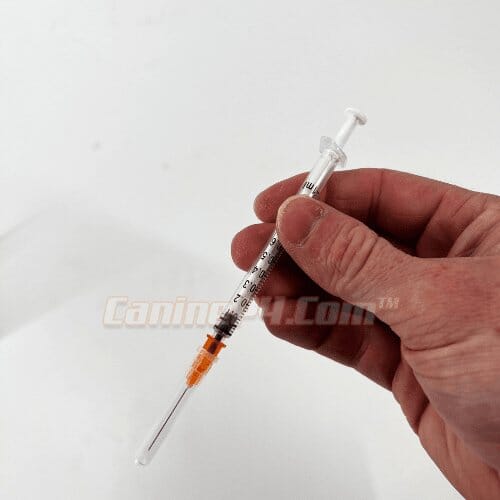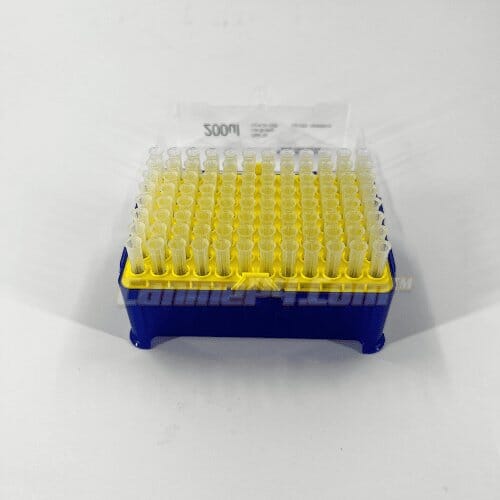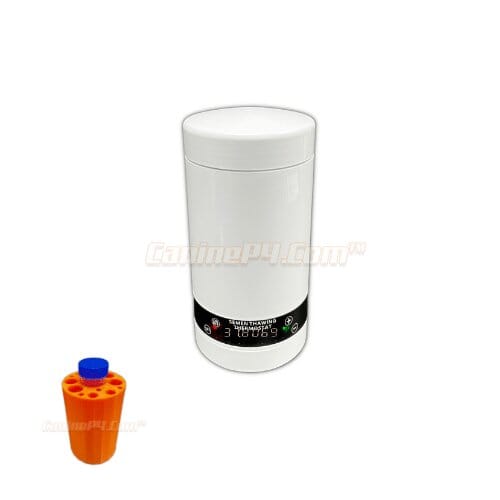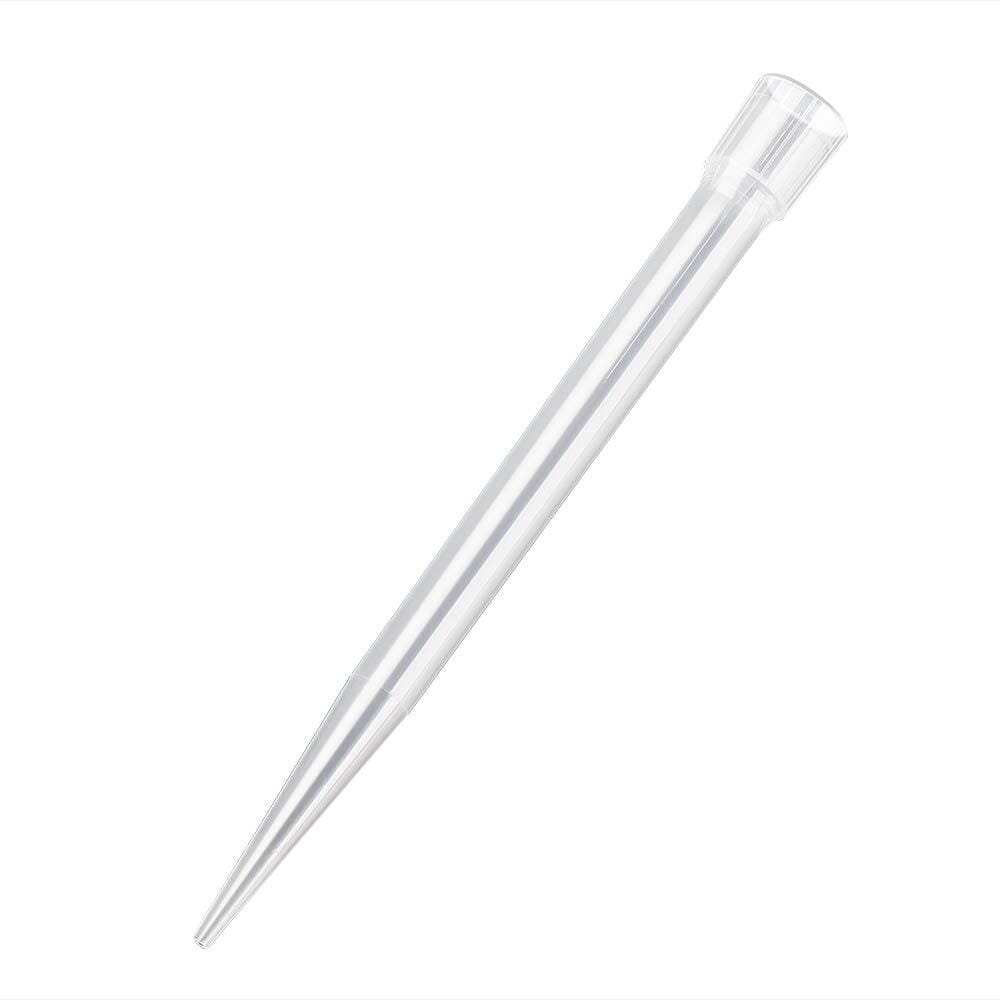Menu
Why get an Incubator for Puppies Care?
An Incubator for puppies is a great tool to help insure your pups health. The warmth of your hands can provide heat to a newborn pup in the absence of a mother, but it’s no substitute for an incubator care unit.
Incubators for Puppies are now widely popular among pet owners. These care units are designed to ensure the health and safety of newborns and weak puppies. In this guide, we’ll talk about the various benefits and need for an incubator, as well as how to care for your puppies in these units.
Why Get an Incubator?
Newborn puppies rely on their mothers to keep their bodies warm. Without the mother, puppies can get too cold and die.
Puppies cannot create their own body heat until they reach the age of two and a half weeks when they develop the shiver reflex.
Their temperature is typically between 95°F and 99°F at birth. If the temperature dips below 94°F, your pup may succumb to life-threatening hypothermia.
Newborn puppies need warmth more than they need food. Puppies can live without food for at least 24 hours, but they will die without warmth within an hour.
Only when they’re able to regulate their body temperature can they live without an external heat source. This will happen at about four weeks of age when they would have a normal temperature of 101.5°F, an adult dog’s body temperature.
Until then, your job is to keep the puppies warm and care for them the best way you can.
An incubator with a controlled temperature can help weak newborn puppies regain strength and survive.
Because the temperature inside an incubator is regulated, there is no need for continuous monitoring and you can sleep well knowing the puppies would still be alive come morning.
Incubating Your Puppies
If you’re a breeder, getting an incubator, even when the mother is present and alive, will ensure your puppies live through the critical period, particularly if the mother can’t take proper care of all her puppies.
The temperature inside puppy incubators is the most critical factor to consider. For the first week, keep your puppy incubator at 85-90 degrees Fahrenheit.
The temperature should be reduced gradually to 80 degrees during the second week. Reduce the temperature progressively after that until the puppies reach the age of four to six weeks when it should be around 70 degrees.
You can control the temperature of your puppy incubator using the control panel that came with the incubator you bought. The inside temperature is usually displayed on a monitor or an internal thermometer.
Incubator Alternative
In the absence of an incubator care unit, you can keep the puppies warm by doing the following:
●Use animal heating pads. Heating pads designed for humans are not recommended for use on animals, according to their manufacturers.
Even when set to "low," temperatures can quickly rise to dangerously high levels, necessitating near-constant monitoring. Animal pads do not get as hot and typically have a low voltage power supply.
●Use hot water bottles. Fill a hot water bottle or any bottle you can use with hot water. Wrap a thick cloth around the bottle to prevent the puppies from getting in contact with it.
Make sure they can move away from the bottle if they become too hot.
●Use heat lamps. Heat lamps can help warm them up. Heat lamps however can easily dehydrate them. The heat will also be difficult to control and may become too hot for the puppies.
Constant temperature monitoring is needed to make sure the puppies are safely warmed. You may use a dog ear thermometer for checking.
Unlike incubators, the above alternatives may present dangers if not monitored closely. You don’t want the puppies to suffer burns or be overheated.
Caring for Newborn Puppies
If the mother is unable to care for her puppies, the puppies are considered orphans, and basic care such as feeding them water and commercial milk replacers are important.
Feeding Newborn Puppies
Feed them regularly, preferably every 2-4 hours. Puppies under two weeks of age can eat their daily allowance in 4-5 meals per day.
To avoid diarrhea, small breed puppies should be fed no more than 10-15mL per feeding during the first week of life.
Warming puppy milk replacer to around 100°F (38°C) before feeding is recommended, but be careful not to overheat it.
Regurgitation, aspiration, bloating, and diarrhea can be caused by cold formula, too quick feeding rates, and overfeeding.
Reduce the formula volume if diarrhea develops. It is better to underfeed puppies than to overfeed them. Puppy milk replacer should be the puppy's only source of sustenance until the puppies are 3-4 weeks old, at which point weaning can begin.
Supplement formula with modest amounts of semi-solid or solid food, and transition to solid food at 5-6 weeks of age.
Helping Newborns Urinate and Defecate
Puppies cannot urinate or defecate on their own until they are about 3 weeks old. They rely on their mother to activate the reflex that causes them to urinate and defecate.
So after feeding, softly stroke the area between the anus and vulva or penis with a warm, moistened cotton ball or soft cloth to activate their elimination reflex. Ask your veterinarian for help if you need more information.
Keeping Newborn Puppies Healthy
You'll need to keep a close eye on the puppies because they're susceptible to sickness and infection. Any unusual symptoms, such as vomiting, diarrhea should be reported to your veterinarian.
Although the antibodies they received from a vaccinated mother will protect them from life-threatening diseases in the first few weeks, these antibodies will wear out after six to eight weeks, at which point they will need their first series of immunizations.
Is Your Dog Ready to Give Birth?
If your dog is expecting a litter of puppies, make sure you're prepared and have everything you'll need for your dog and the puppies.
Make sure you have an incubator care unit so that the newborn puppies may stay warm for the first few weeks of their lives and grow up to be healthy and happy.
Check out our dog breeding incubators and other dog breeding supplies you should have. MR Diagnostics Quality Solutions offers great prices, fast shipping, and knowledgeable staff to help you in your breeding journey. Talk to us today!
Browsing history
- Choosing a selection results in a full page refresh.

